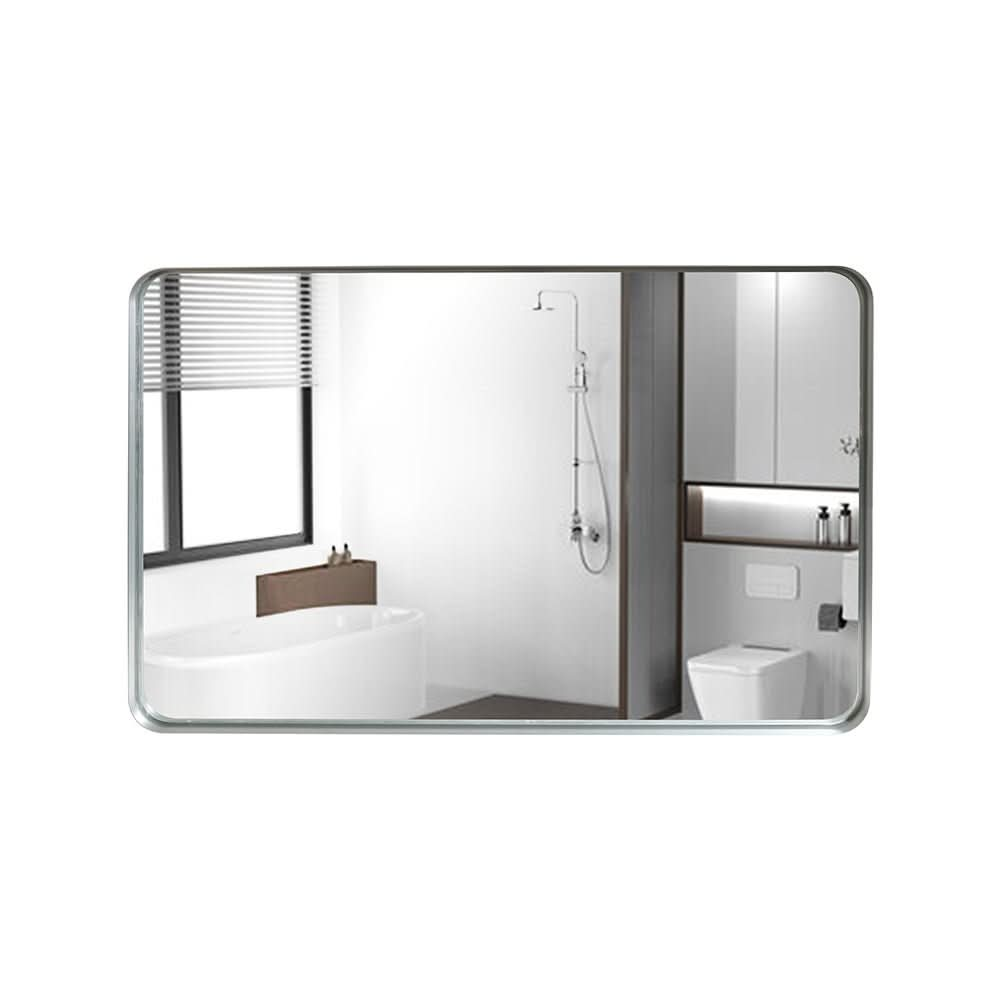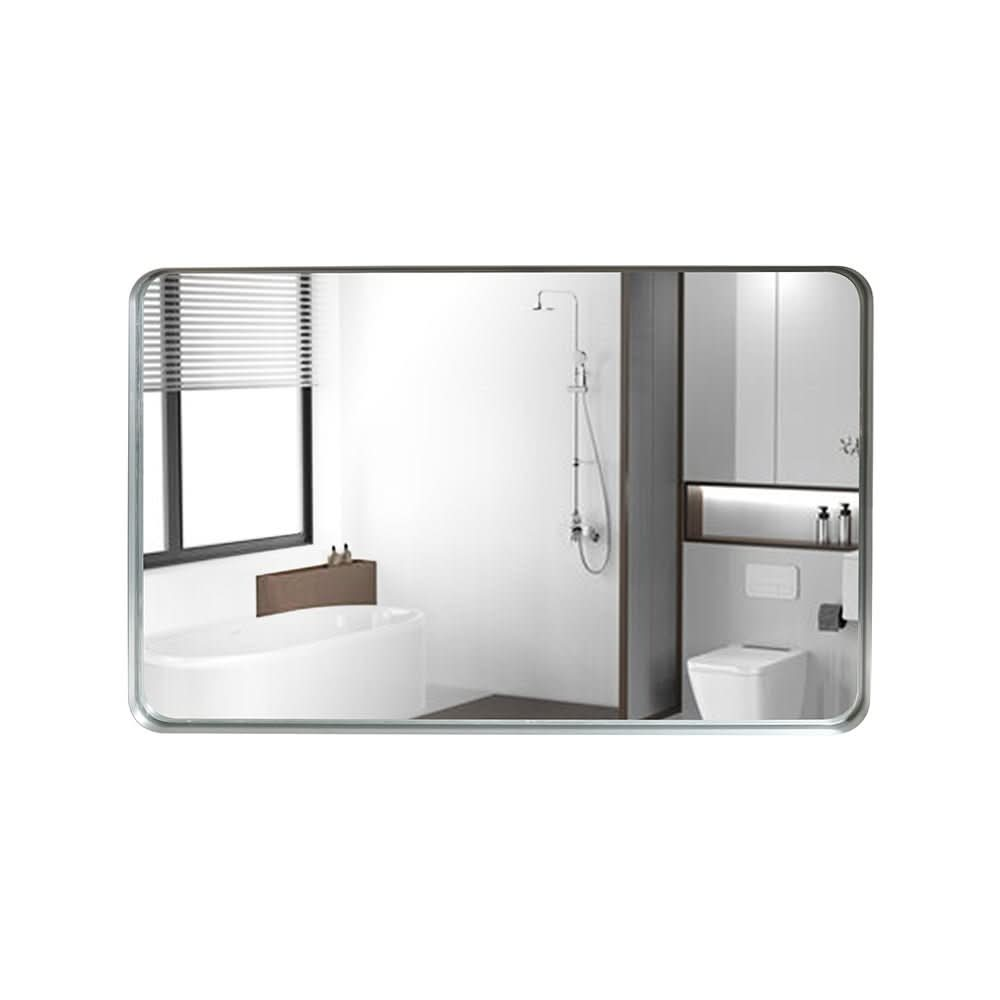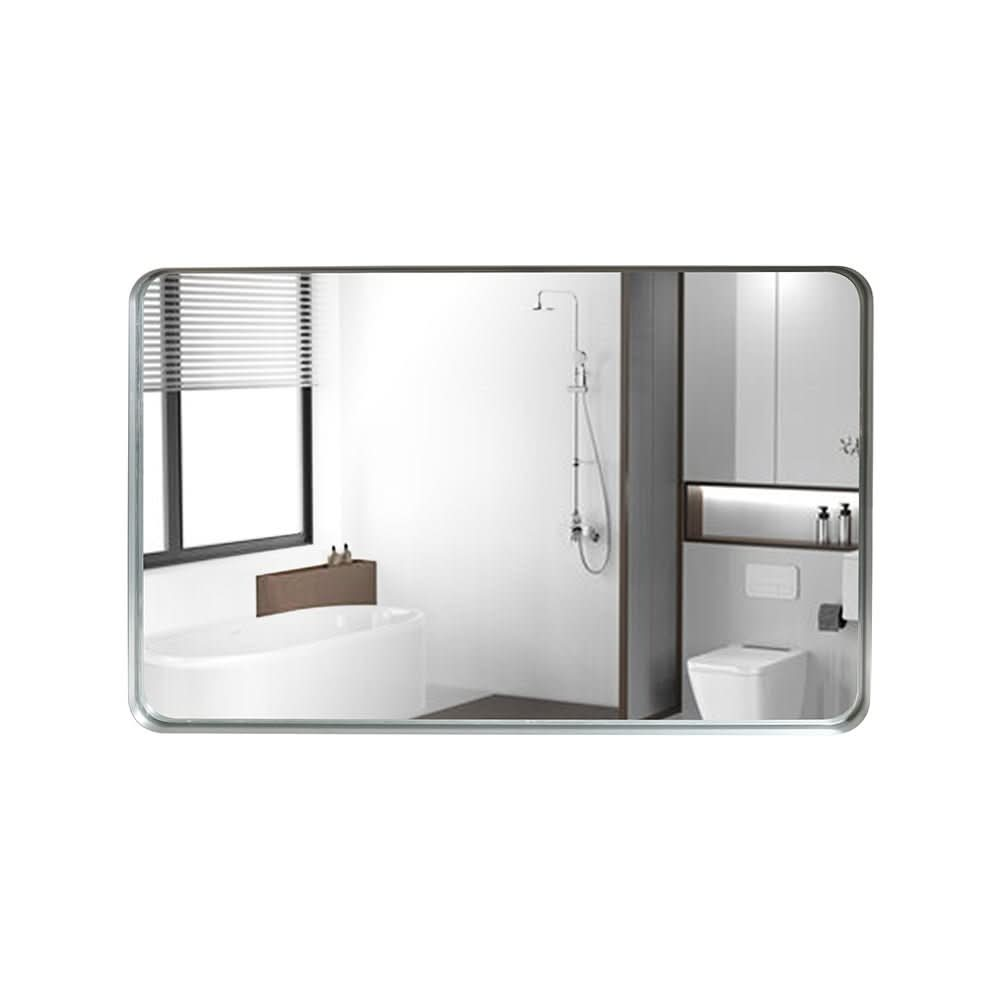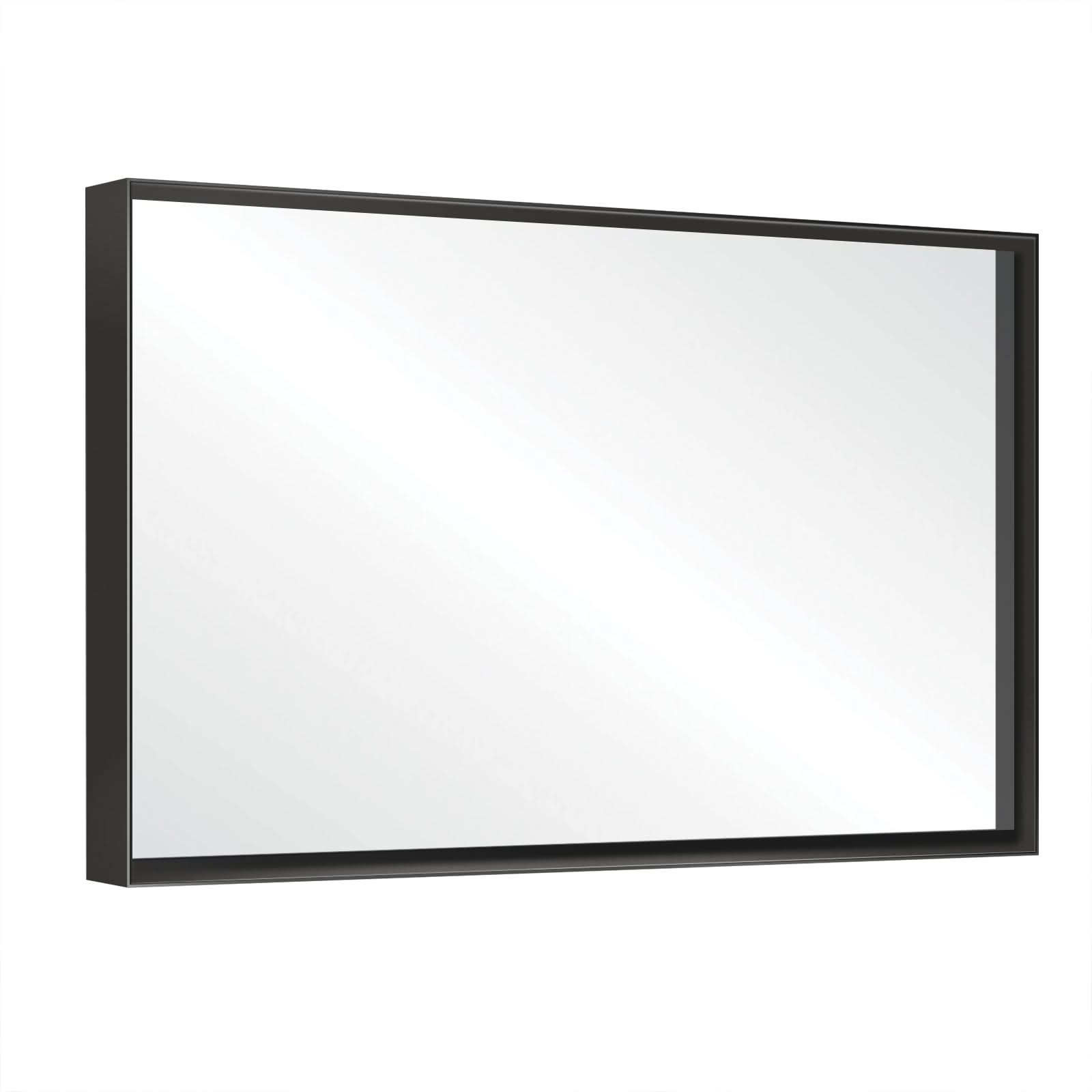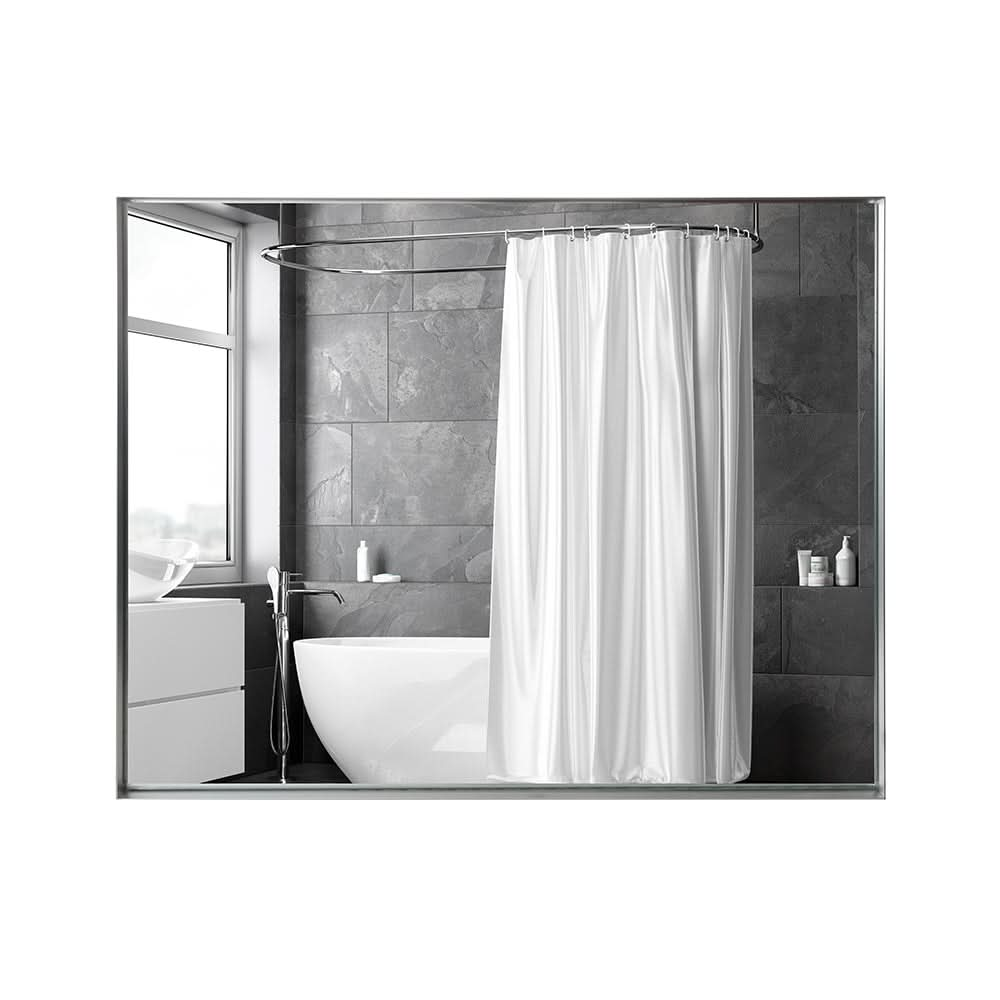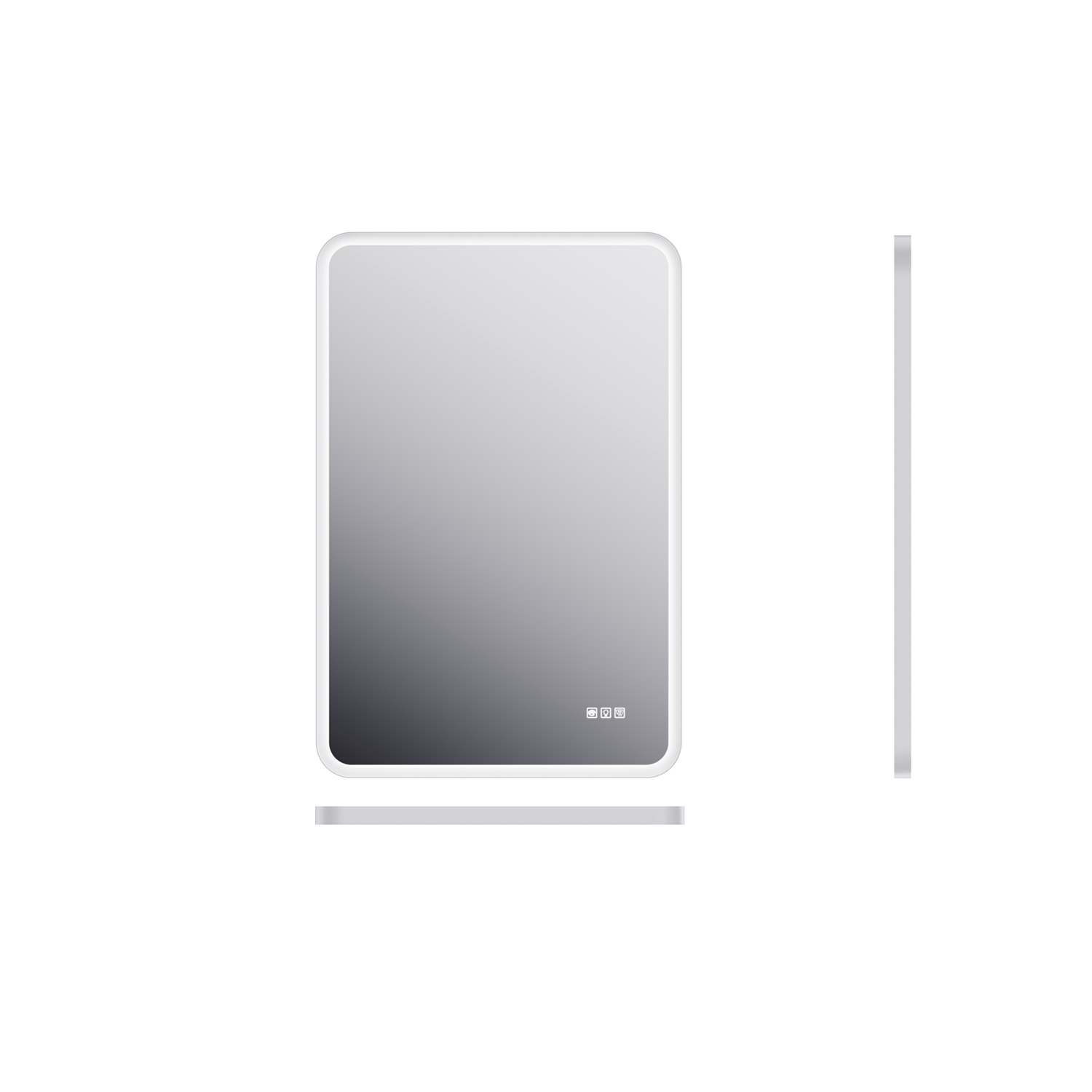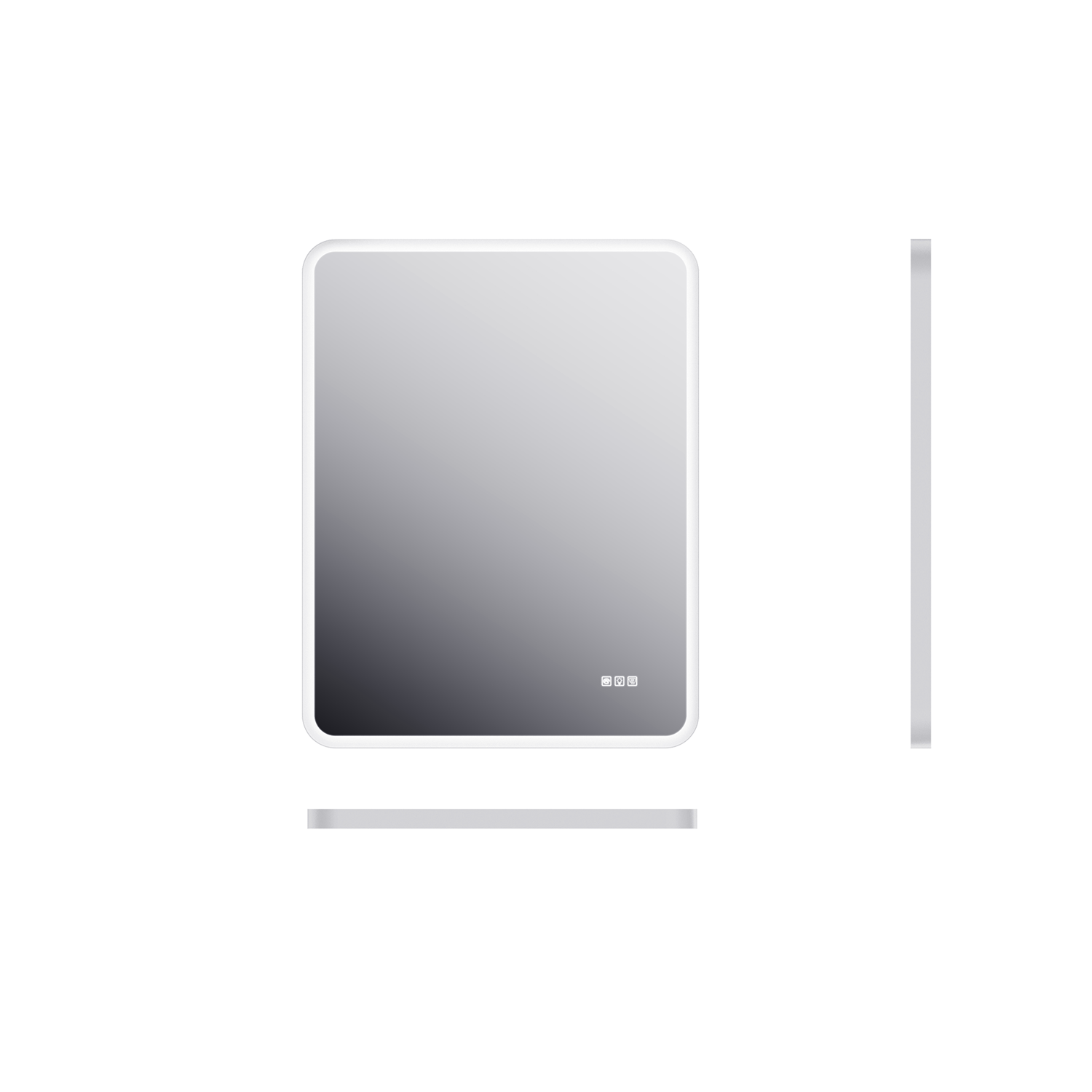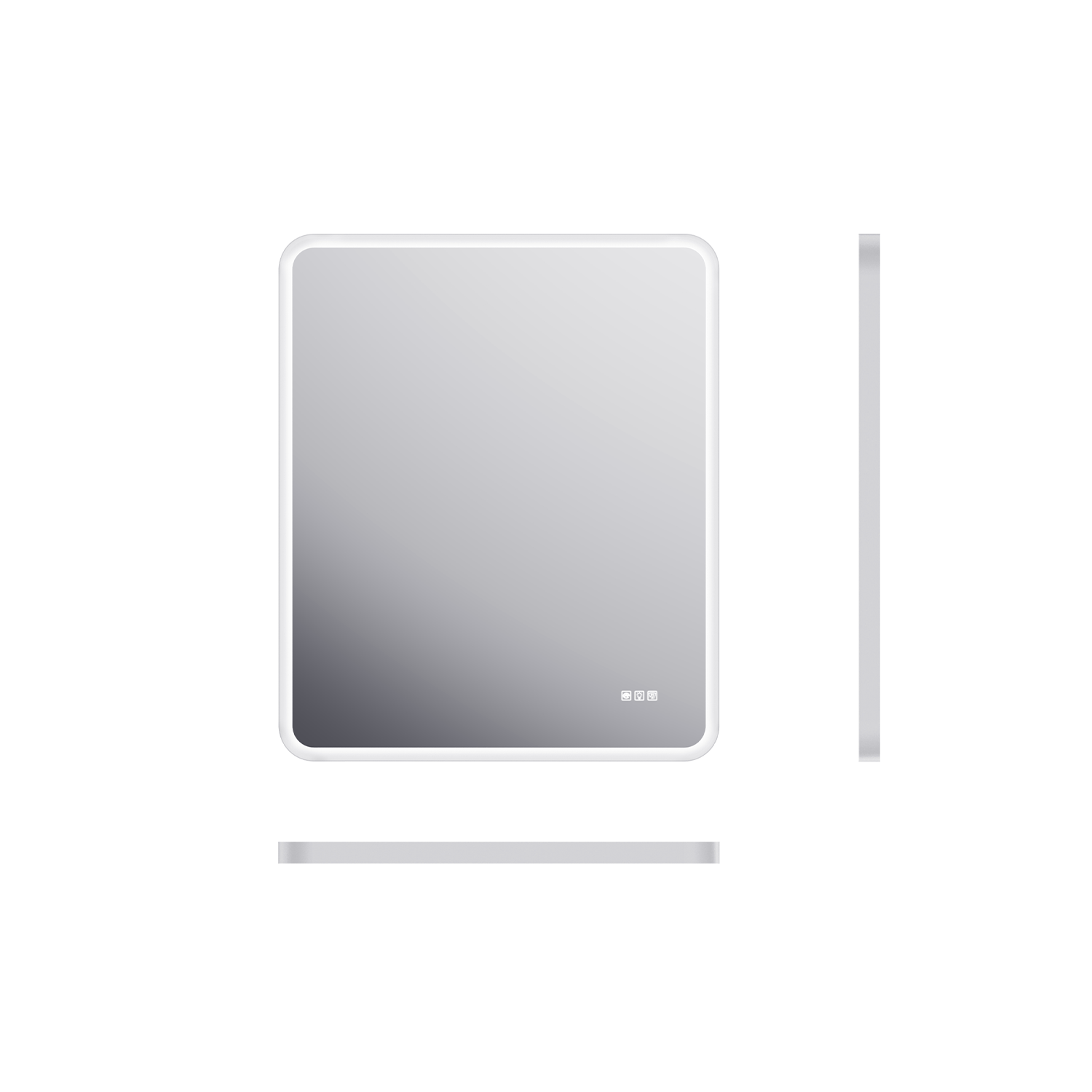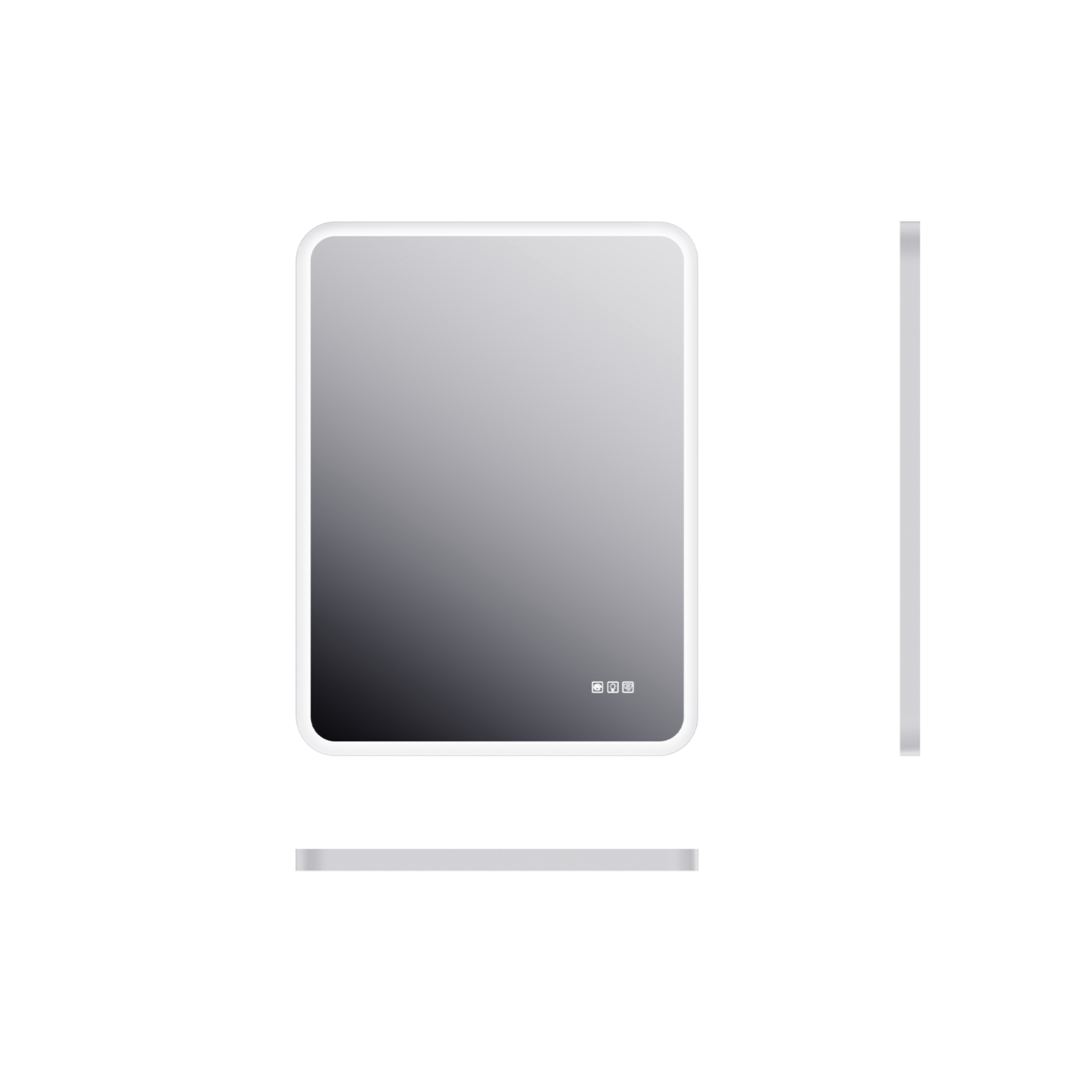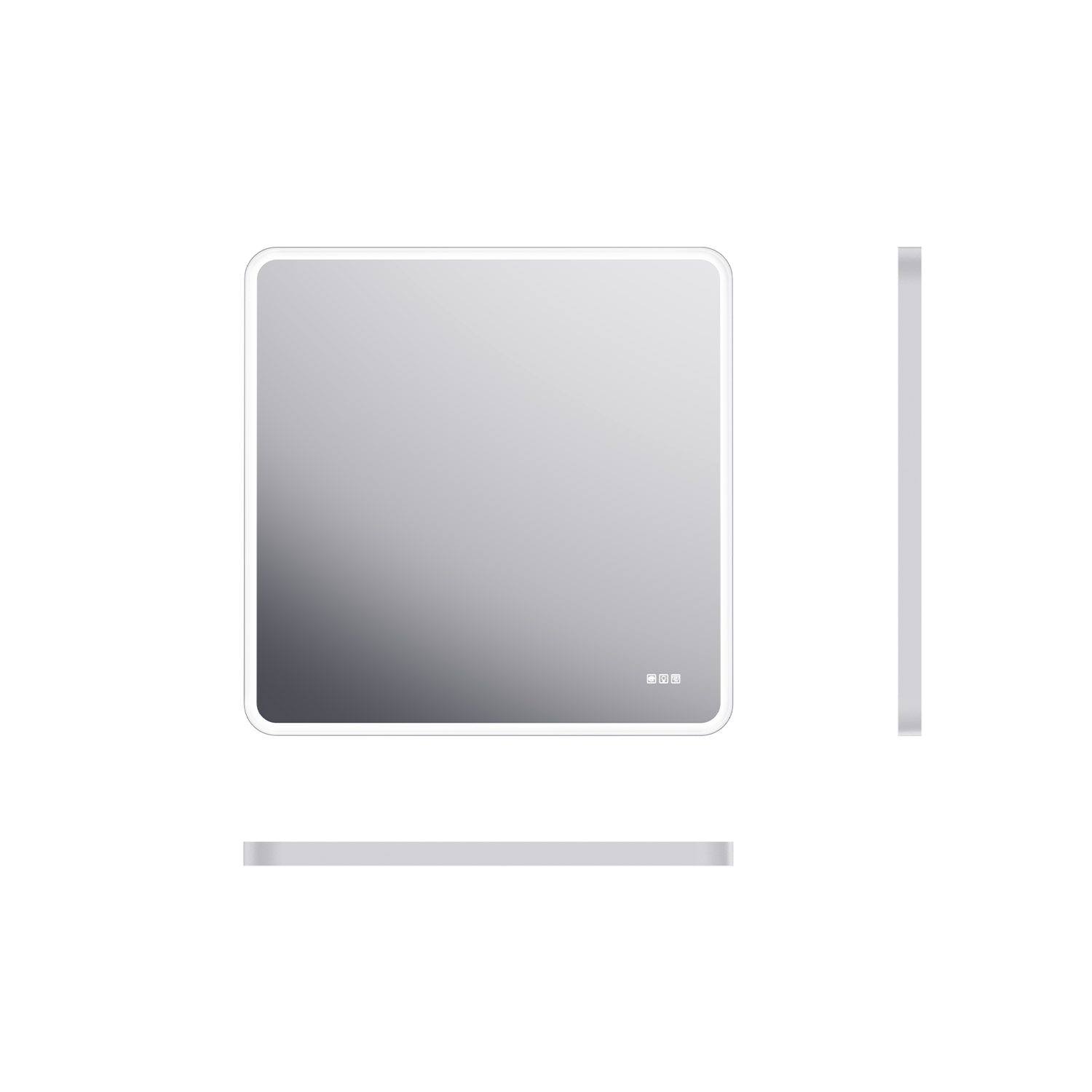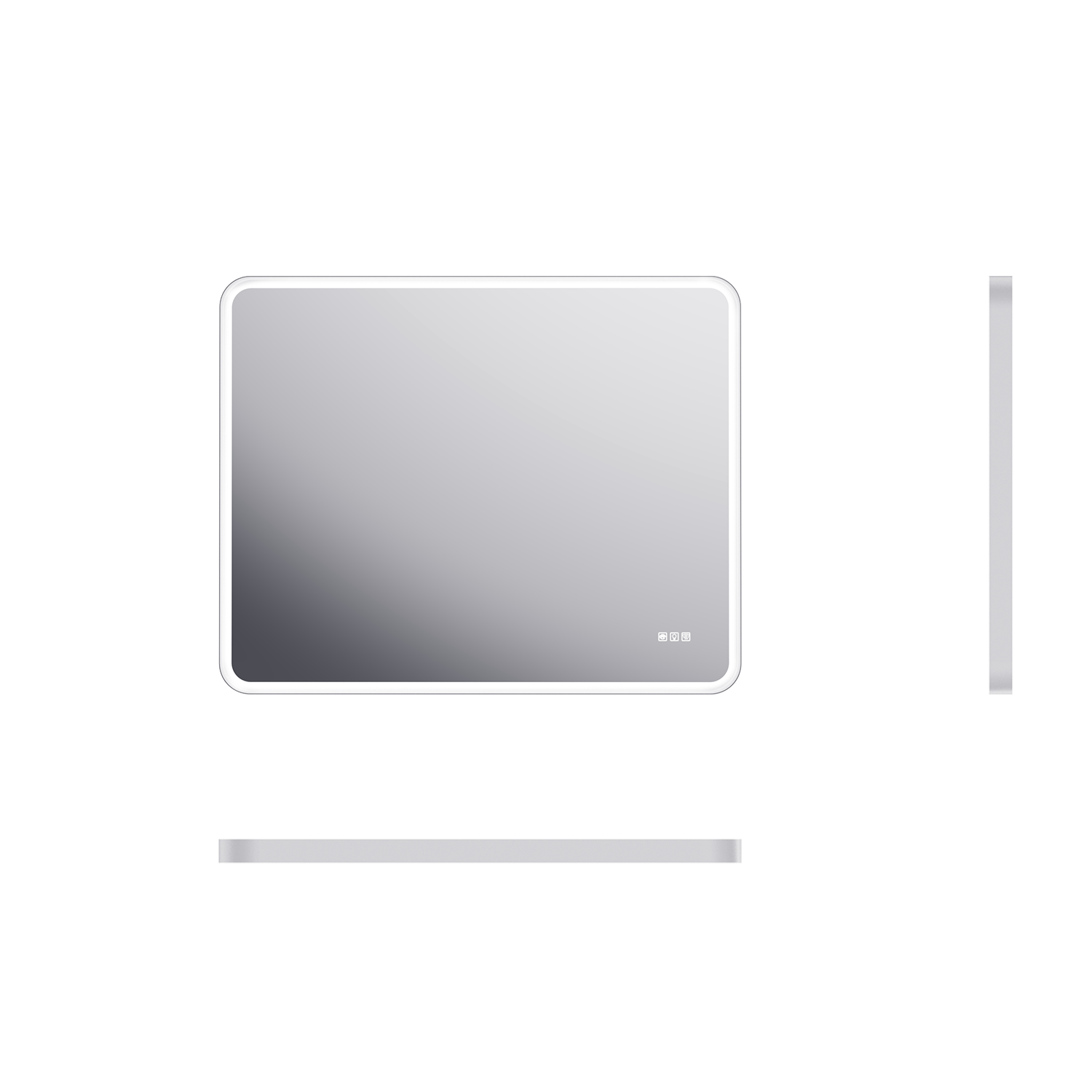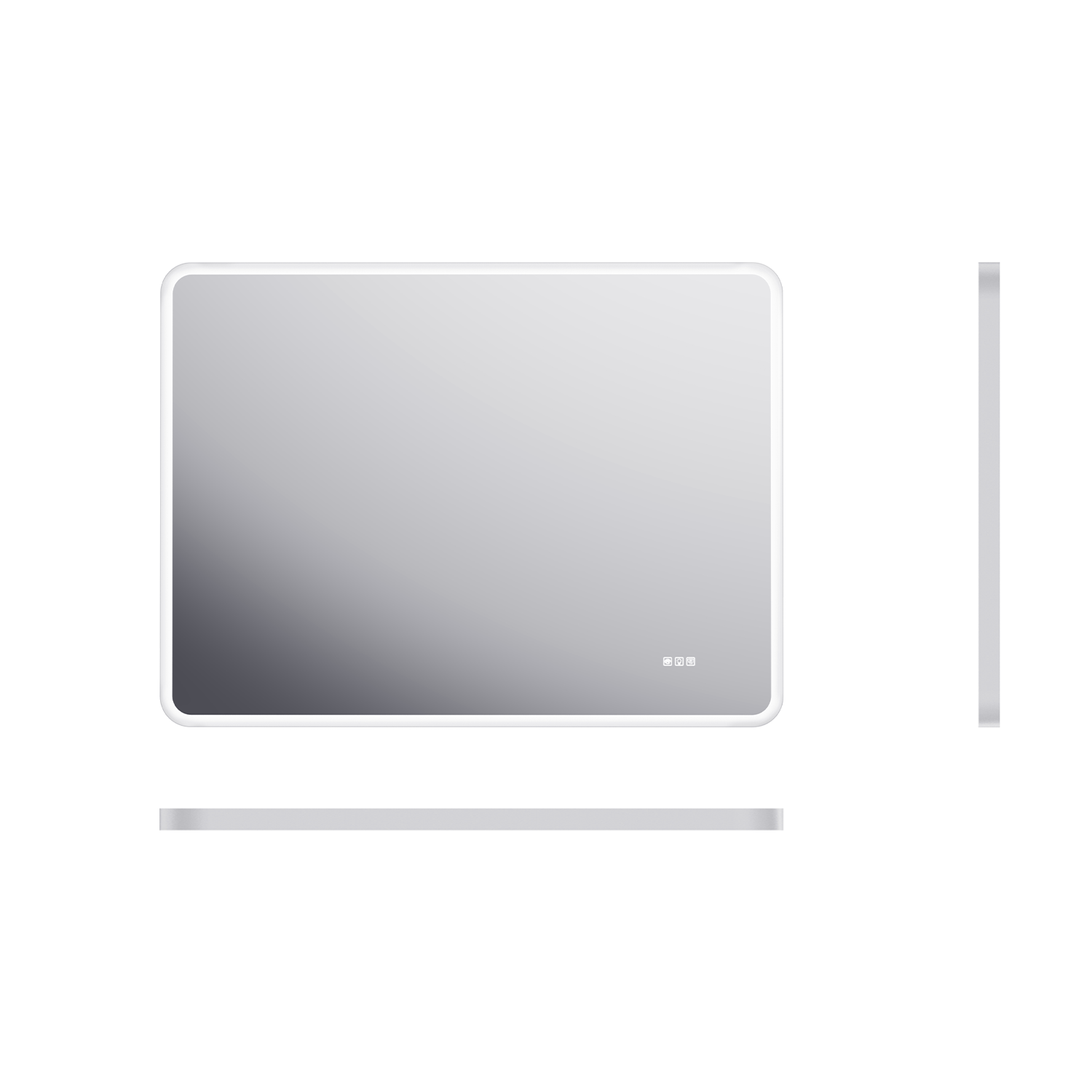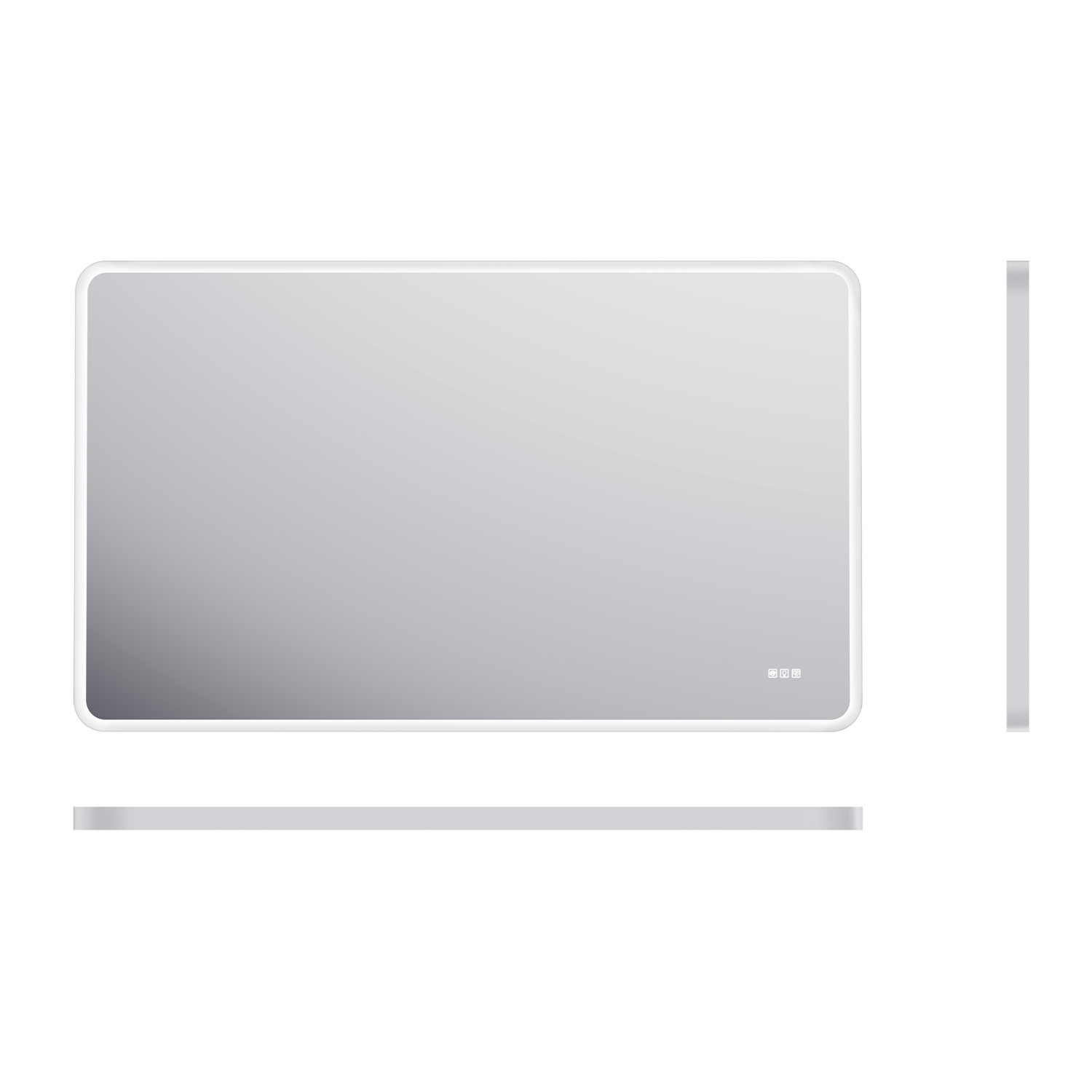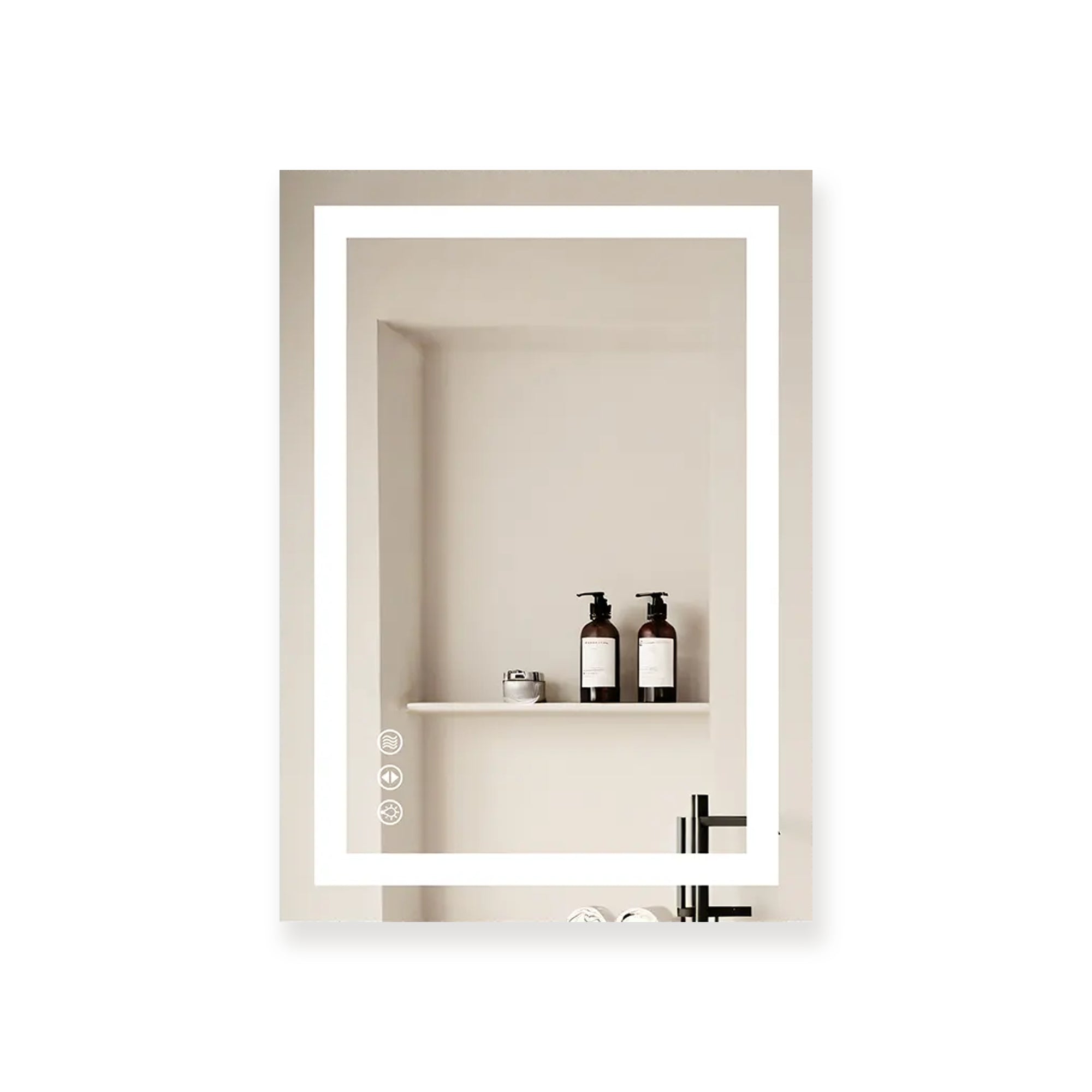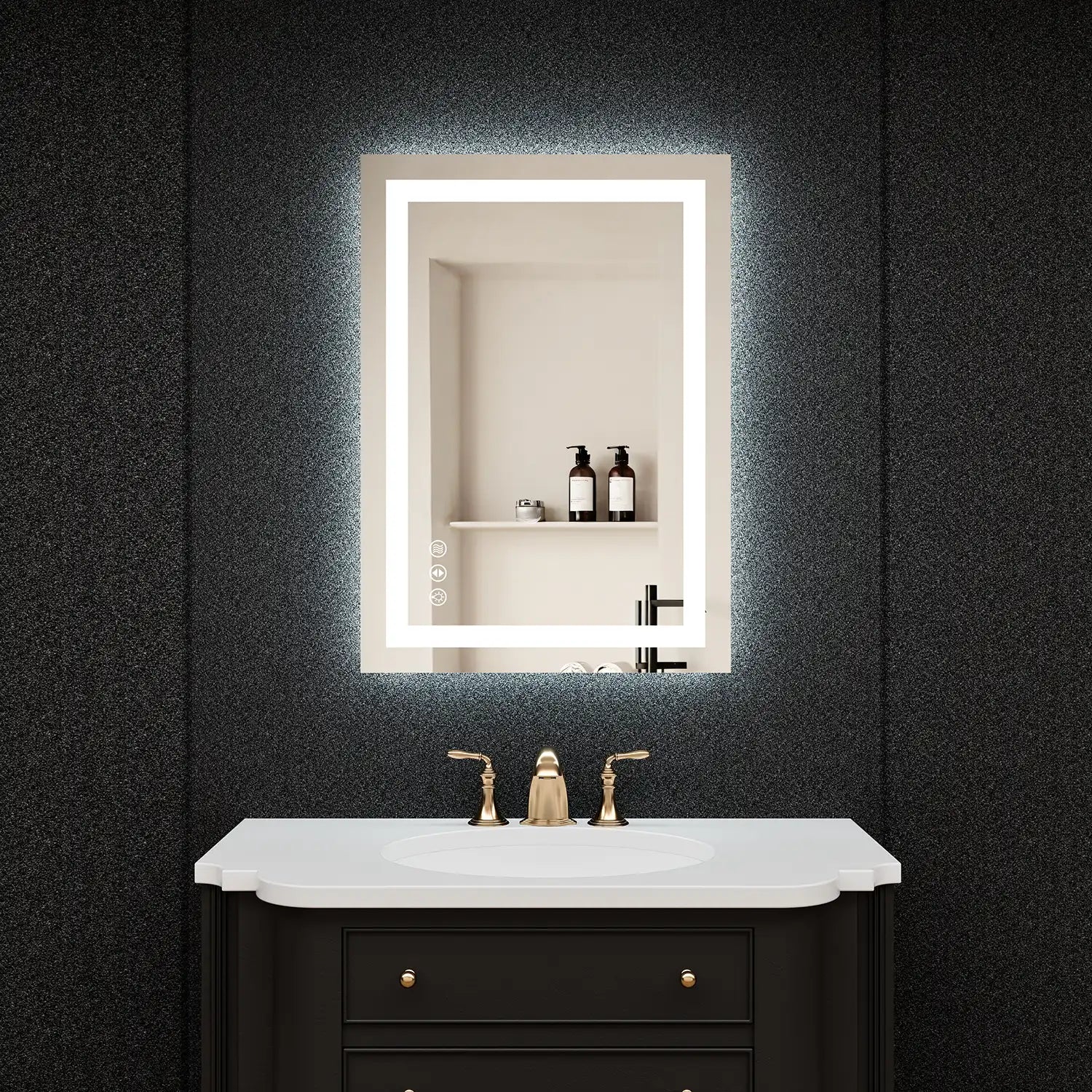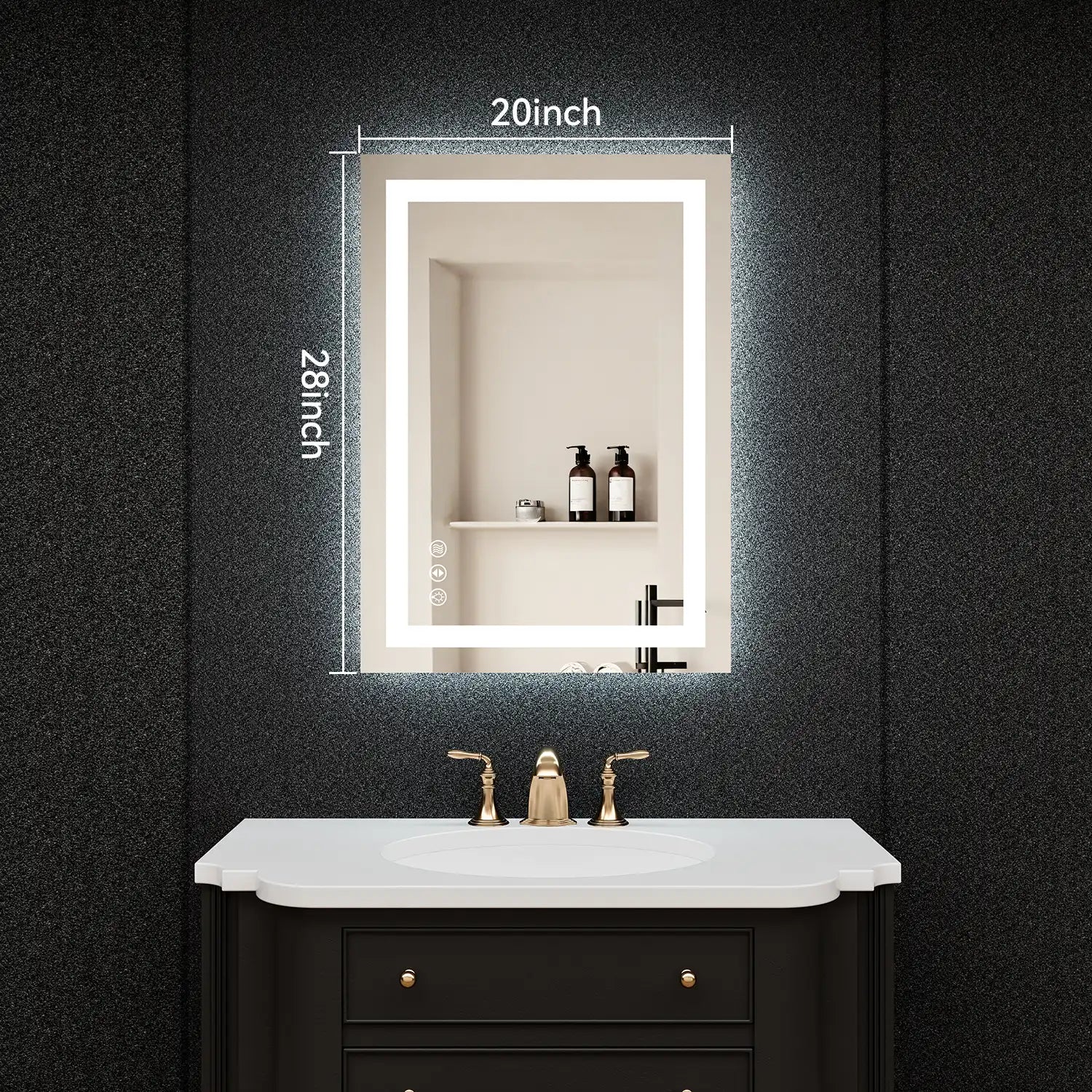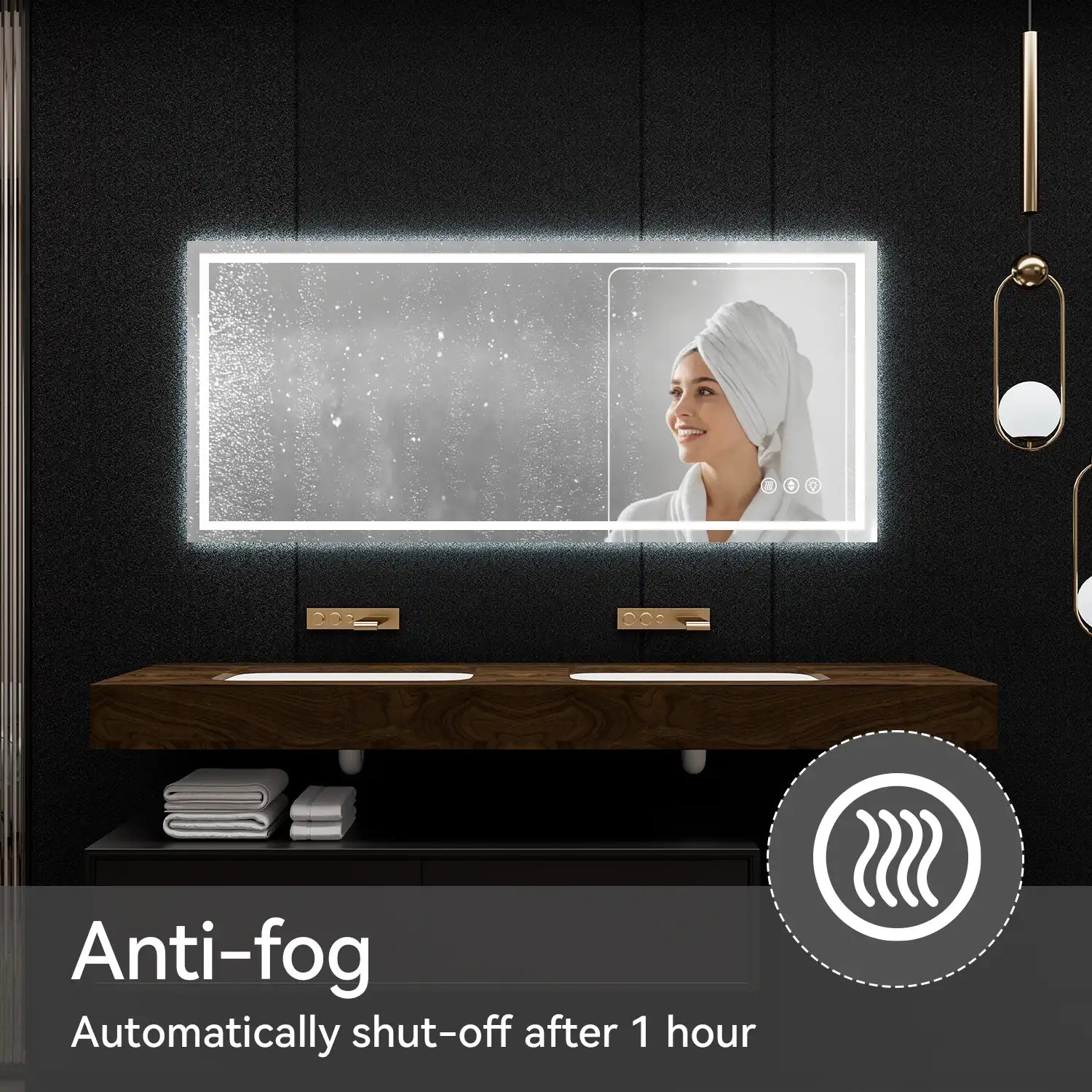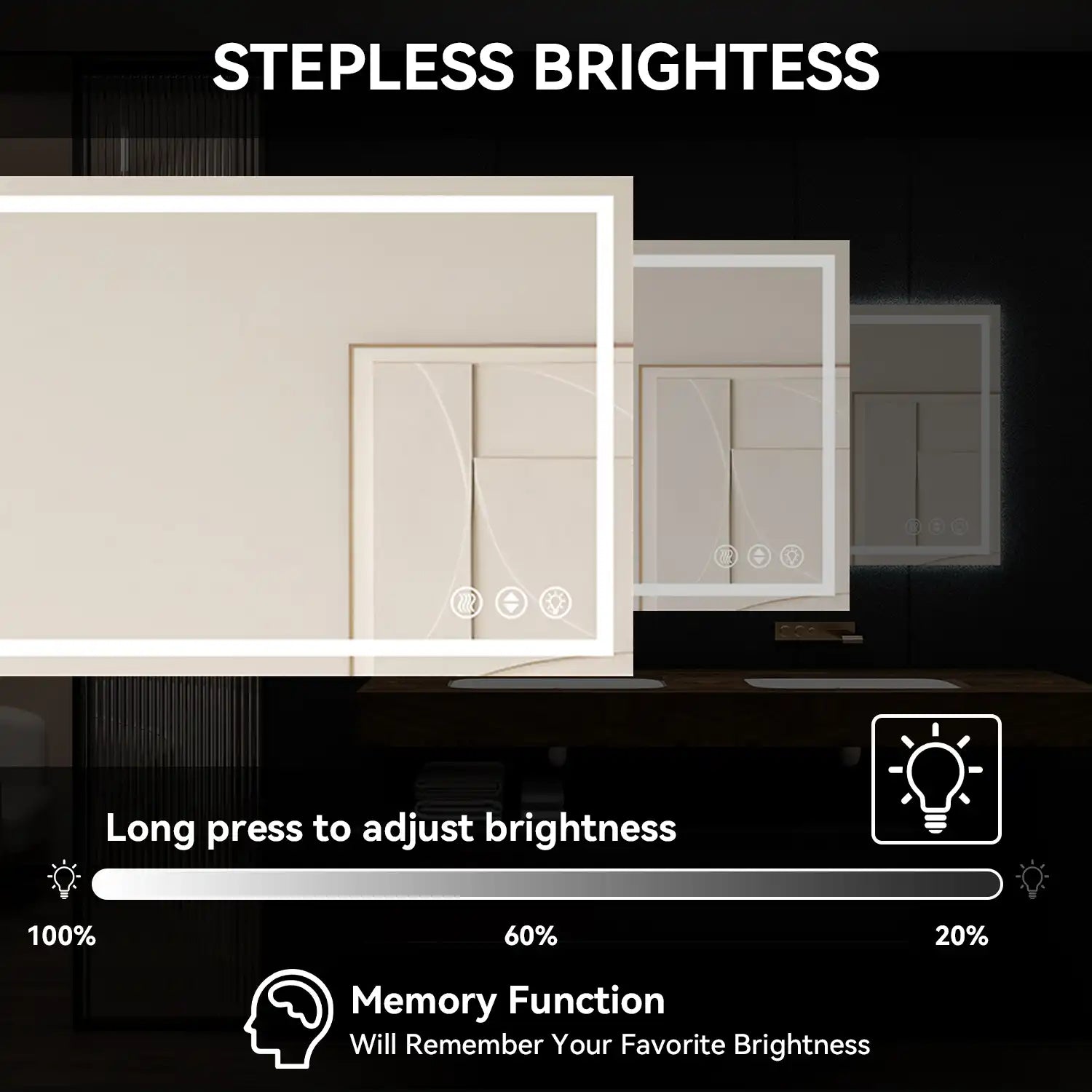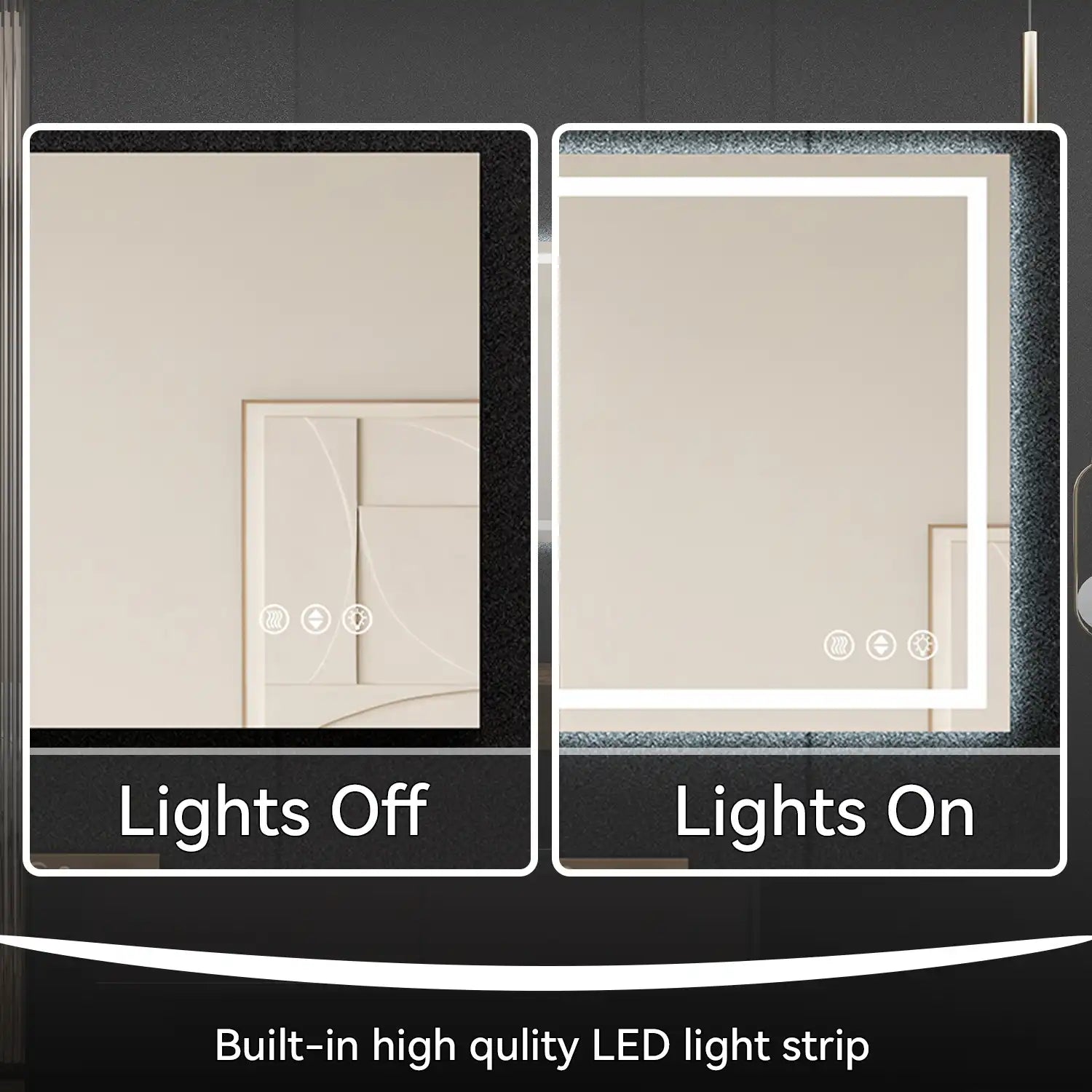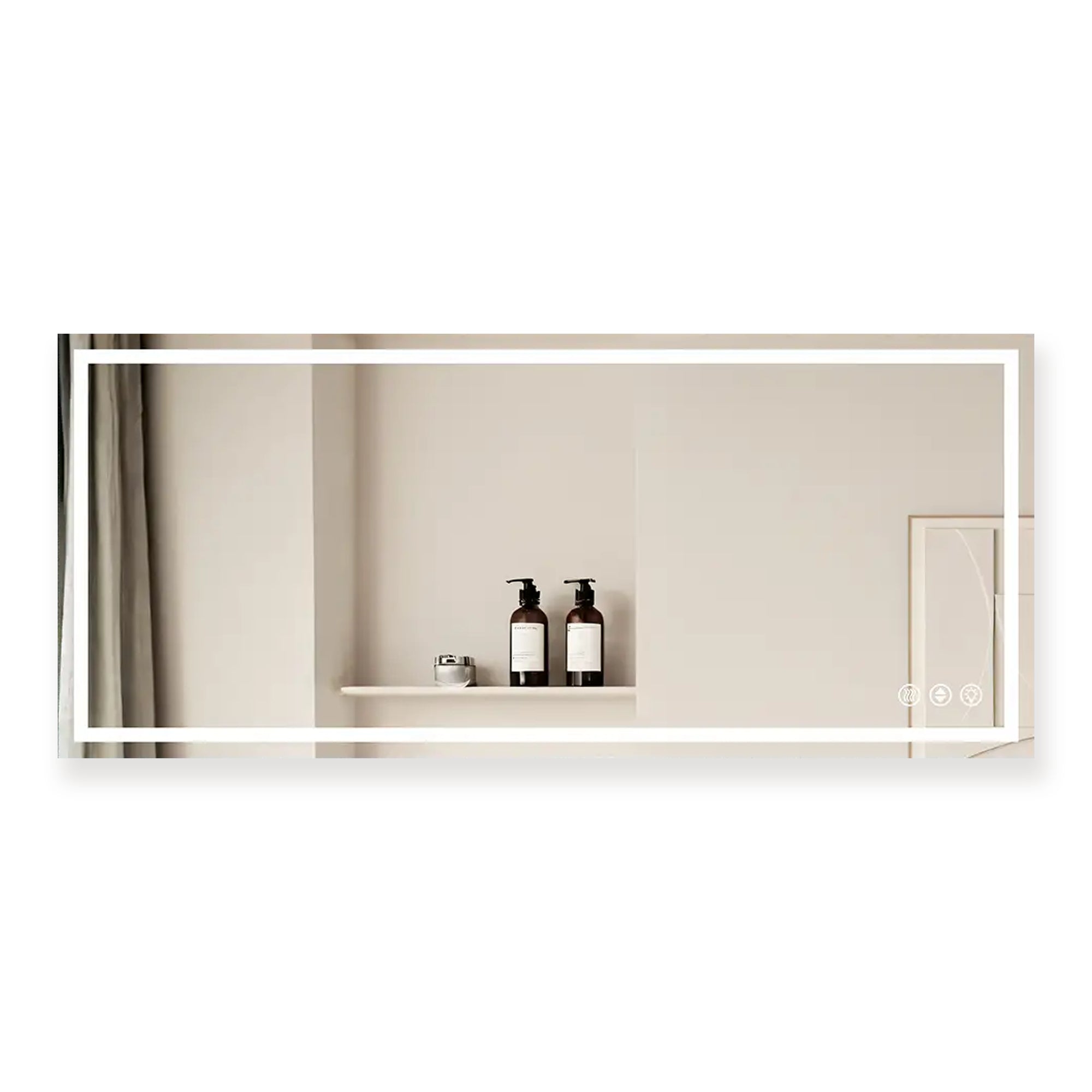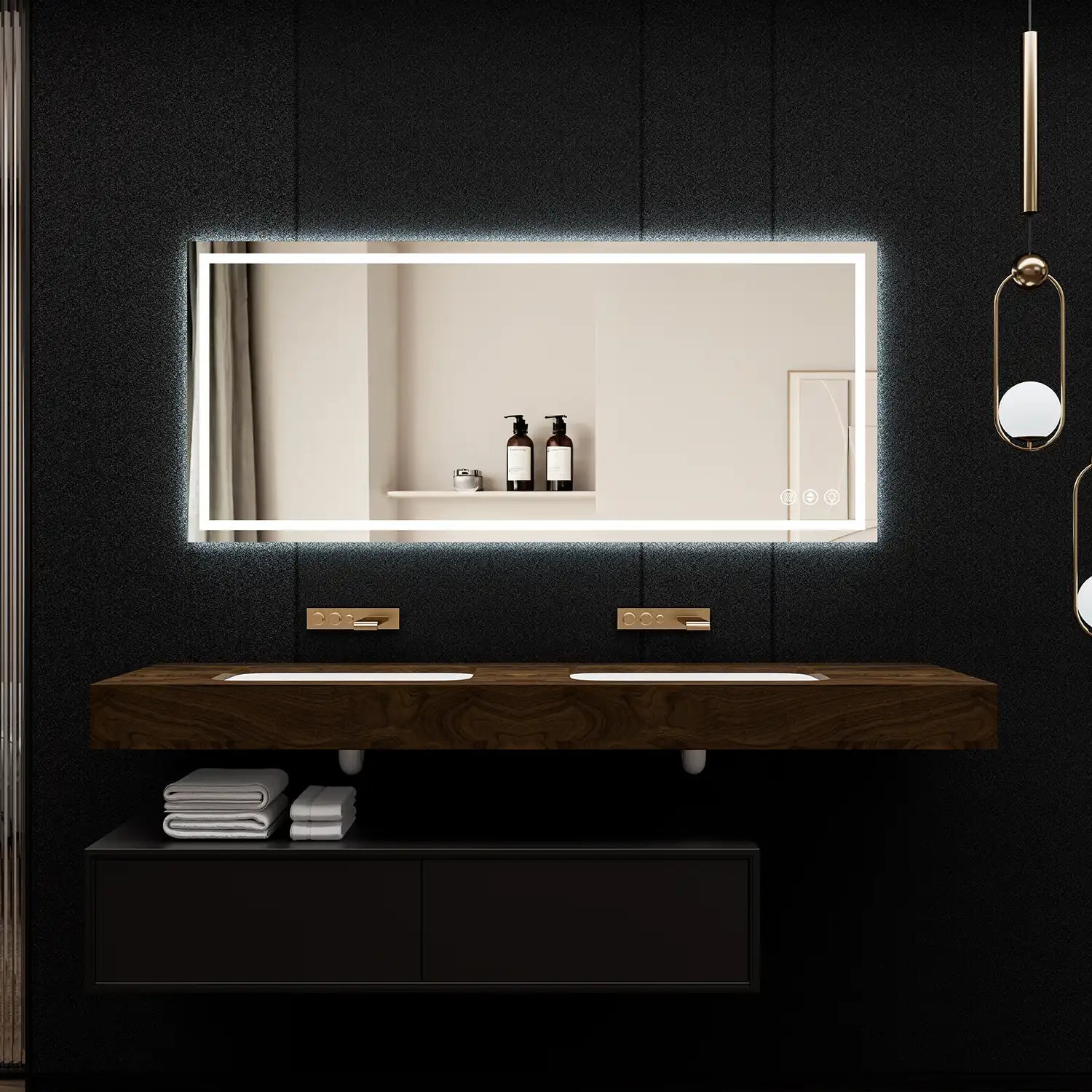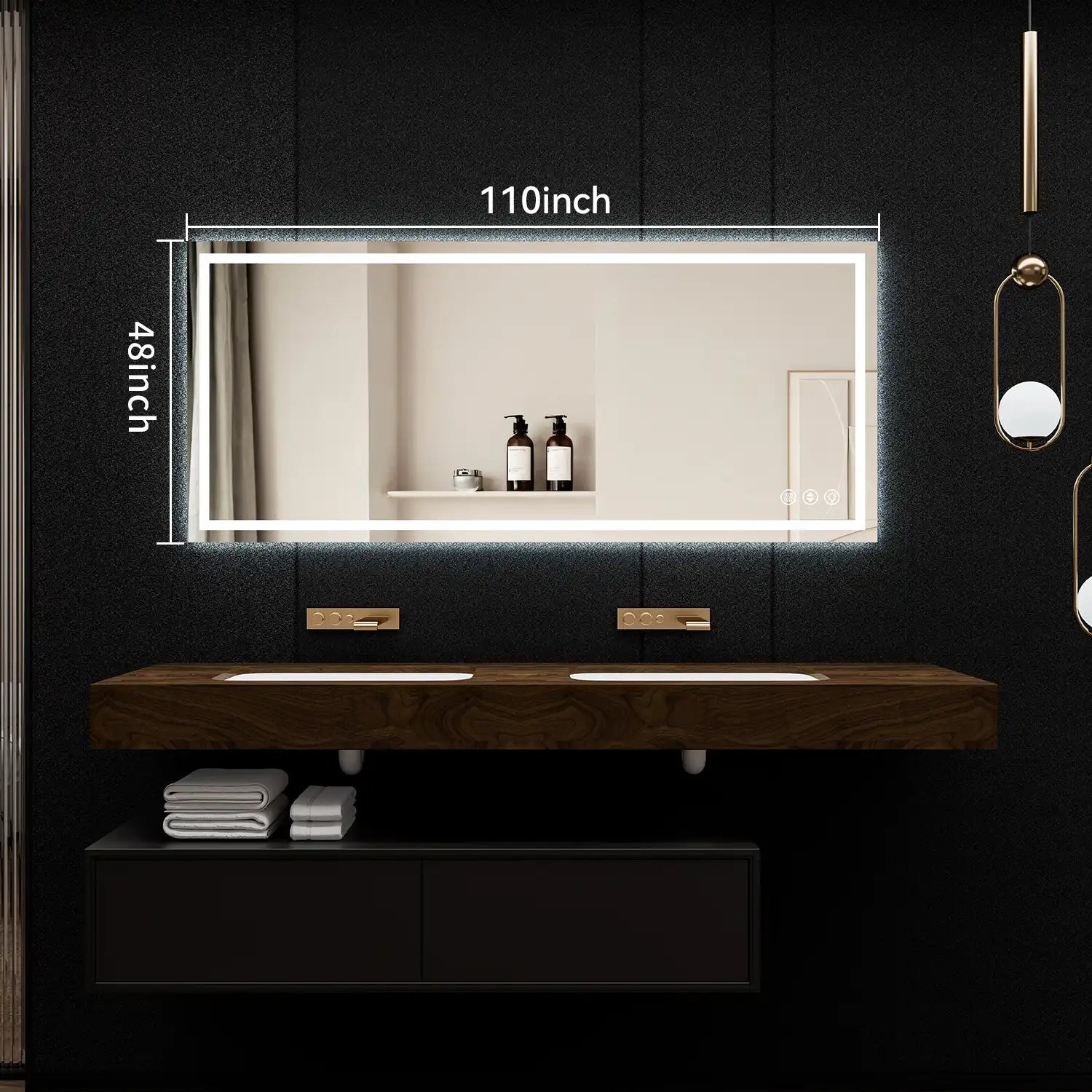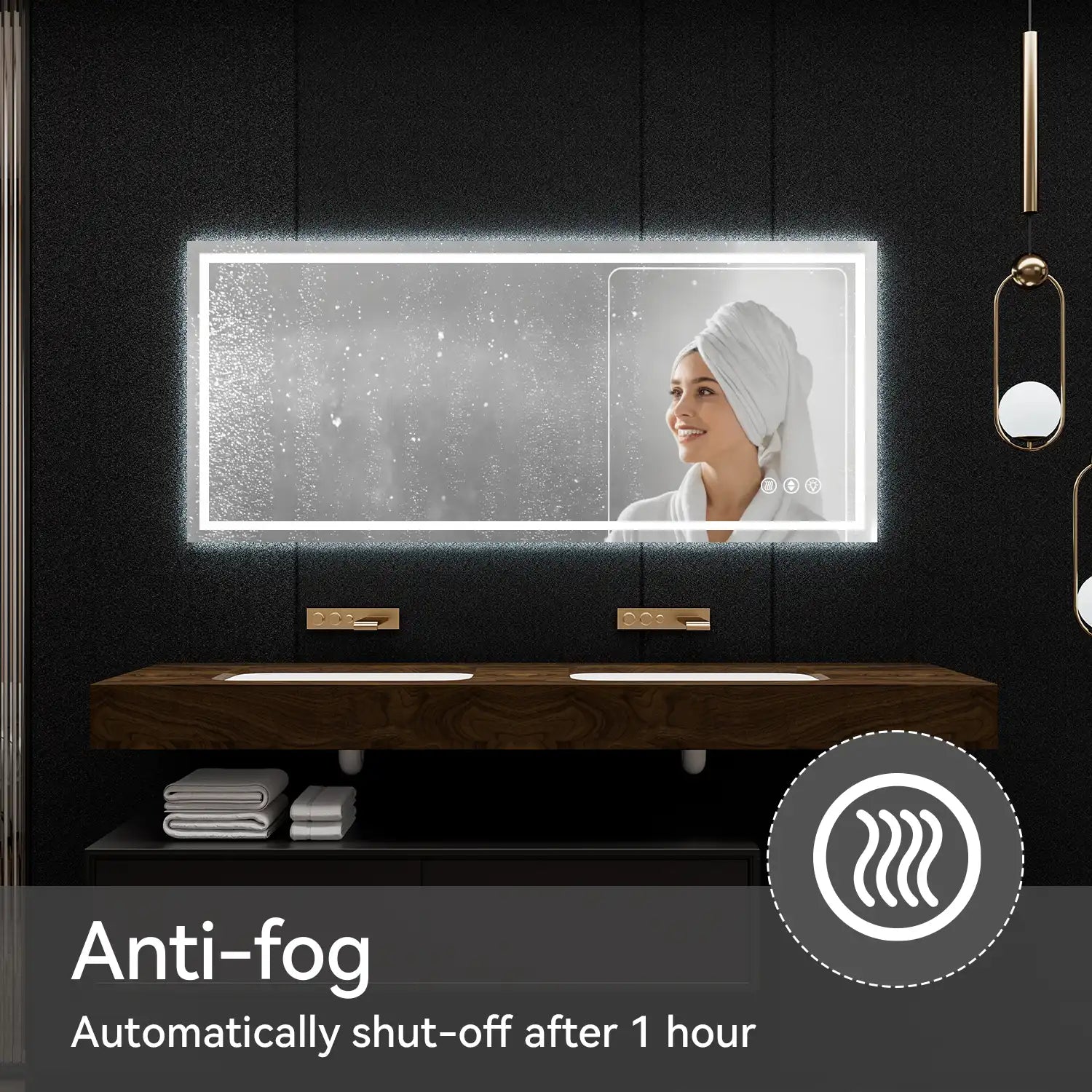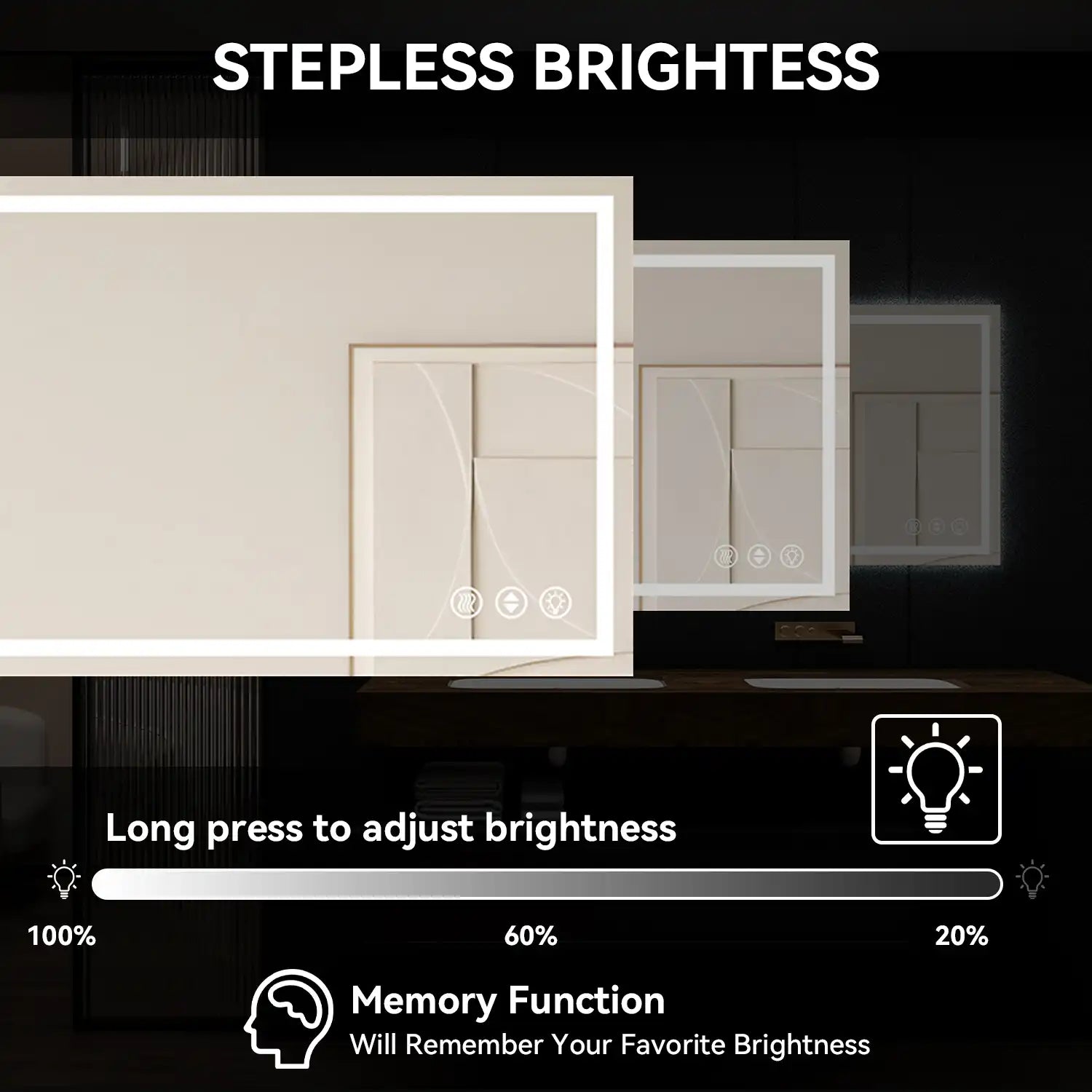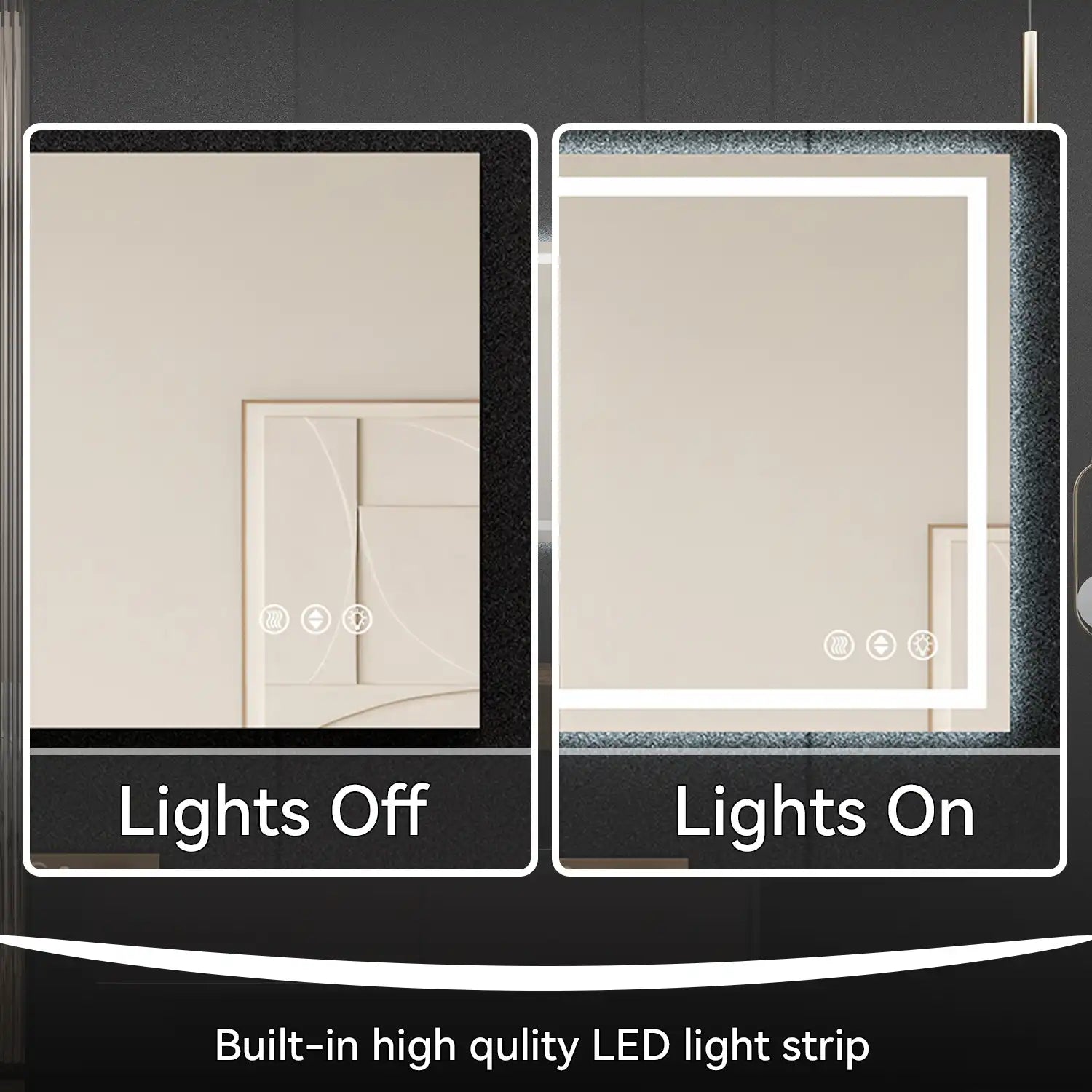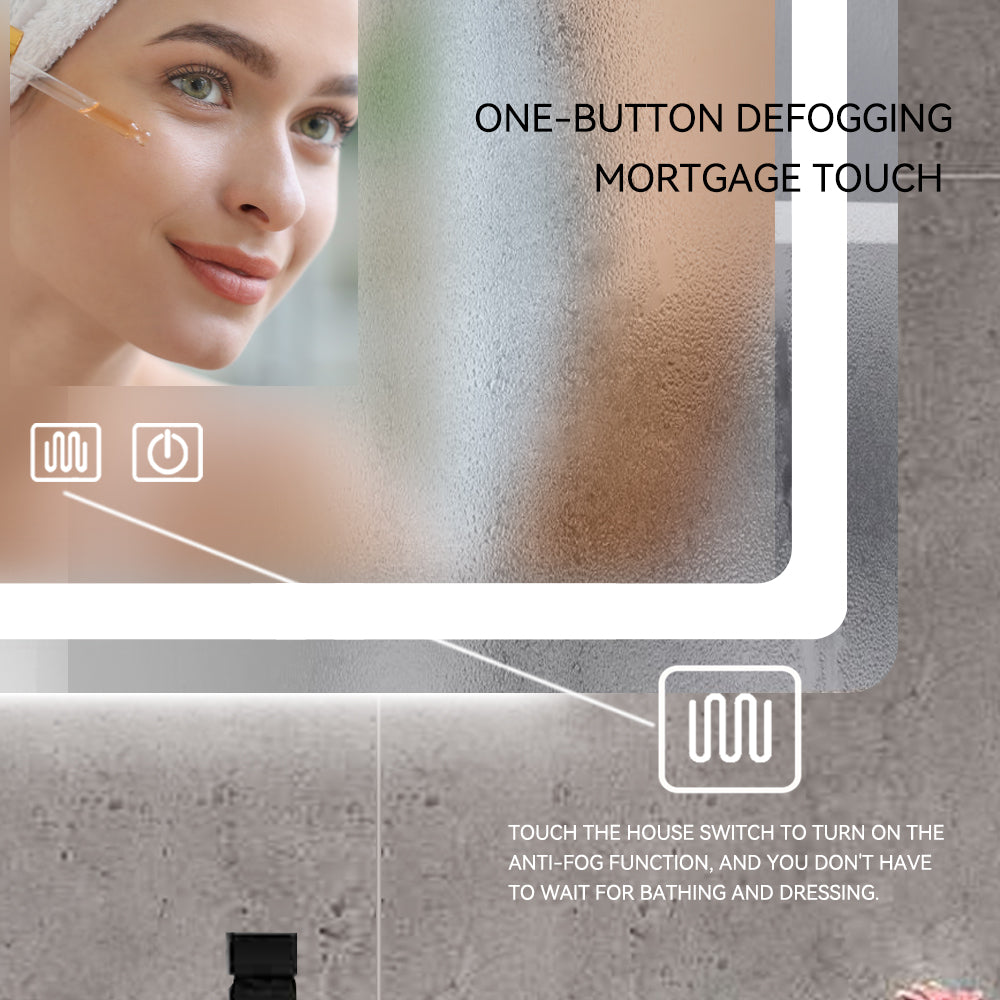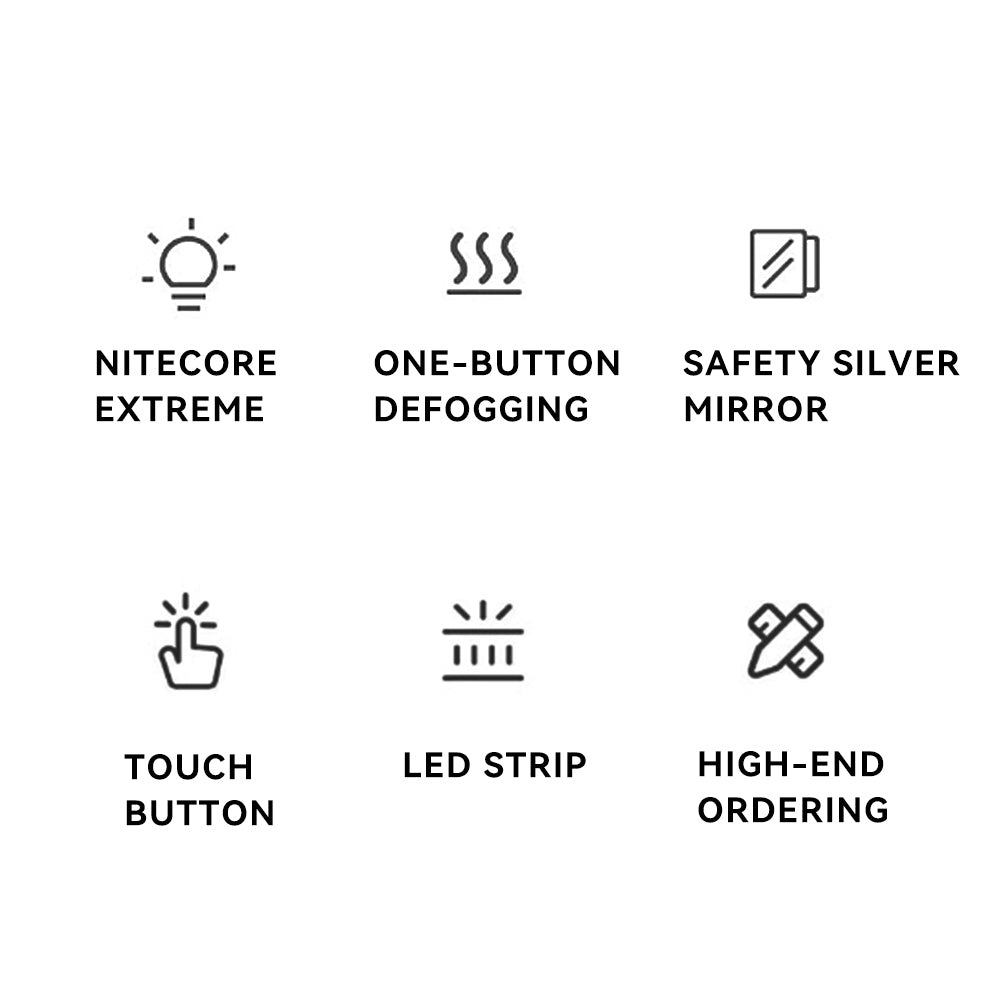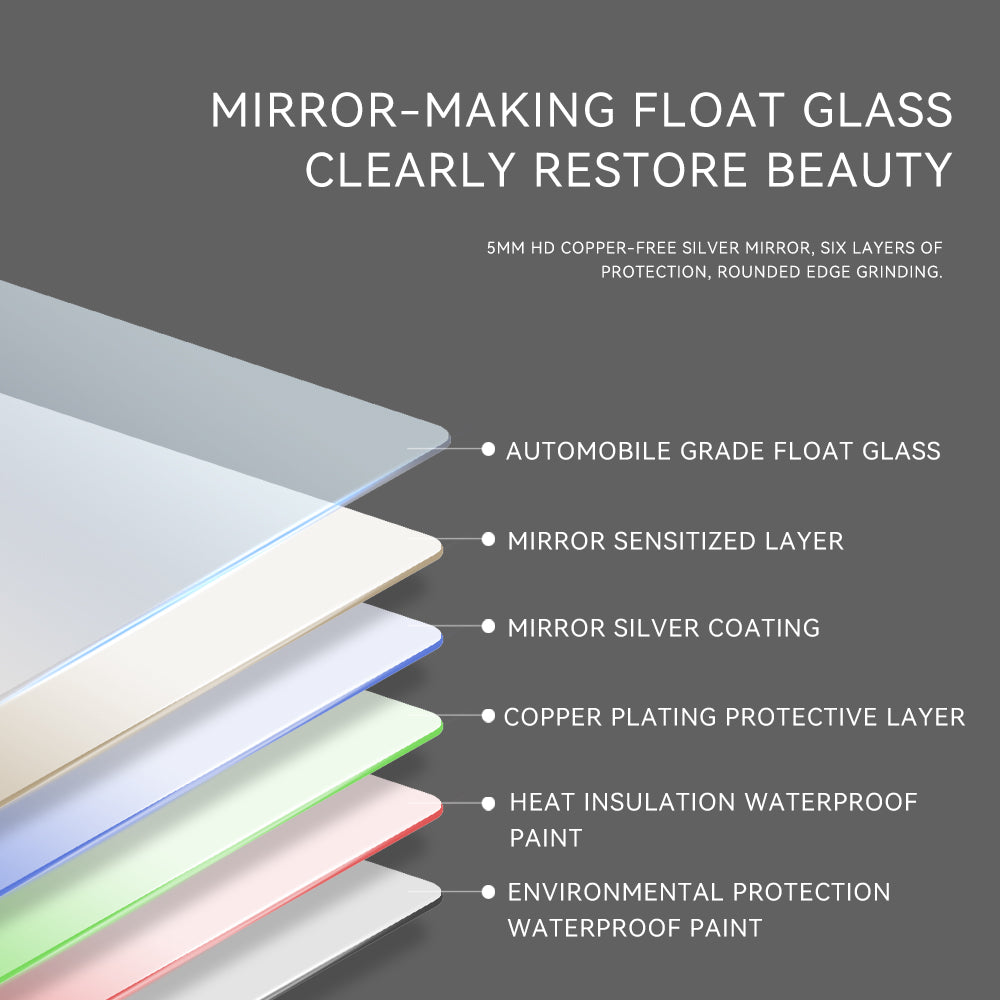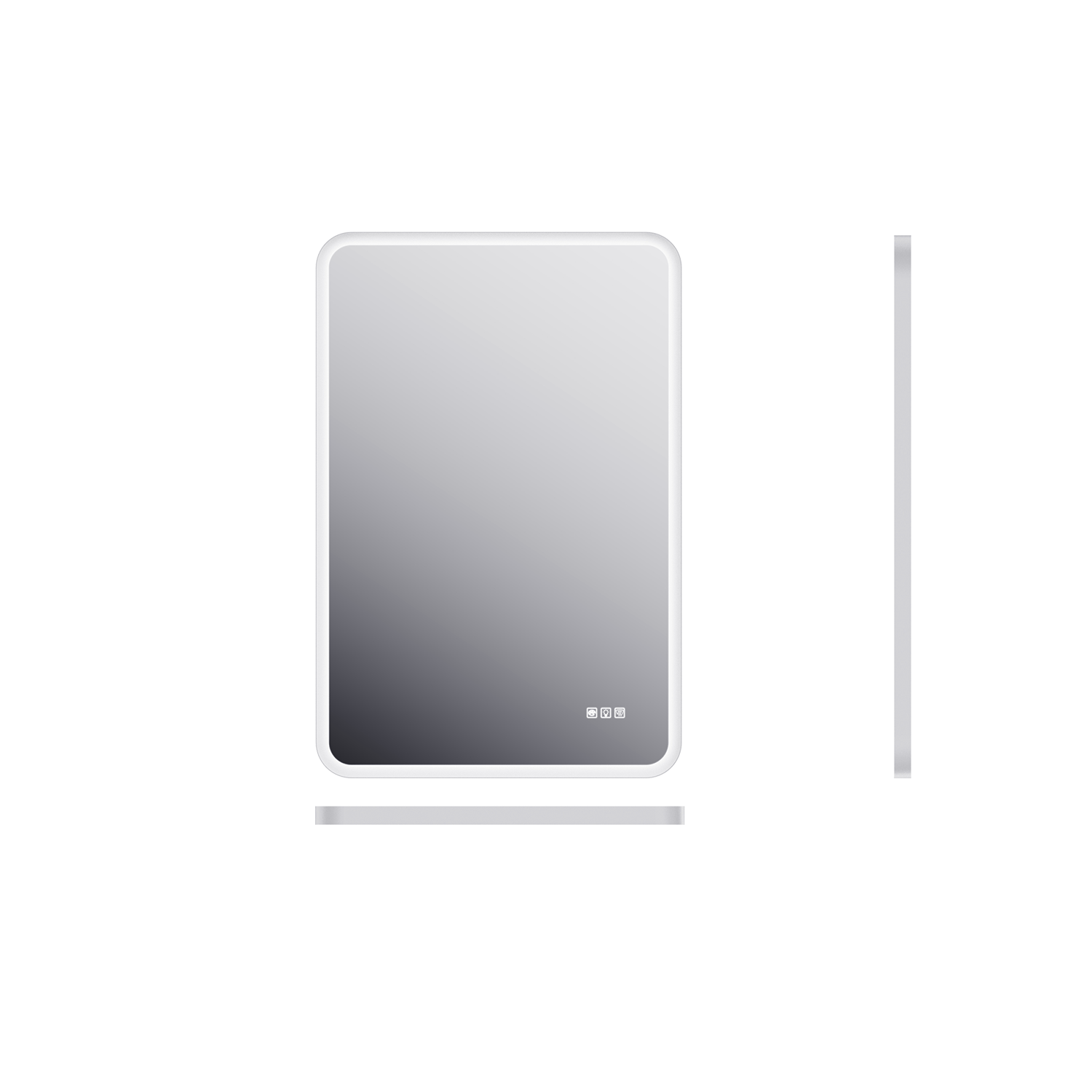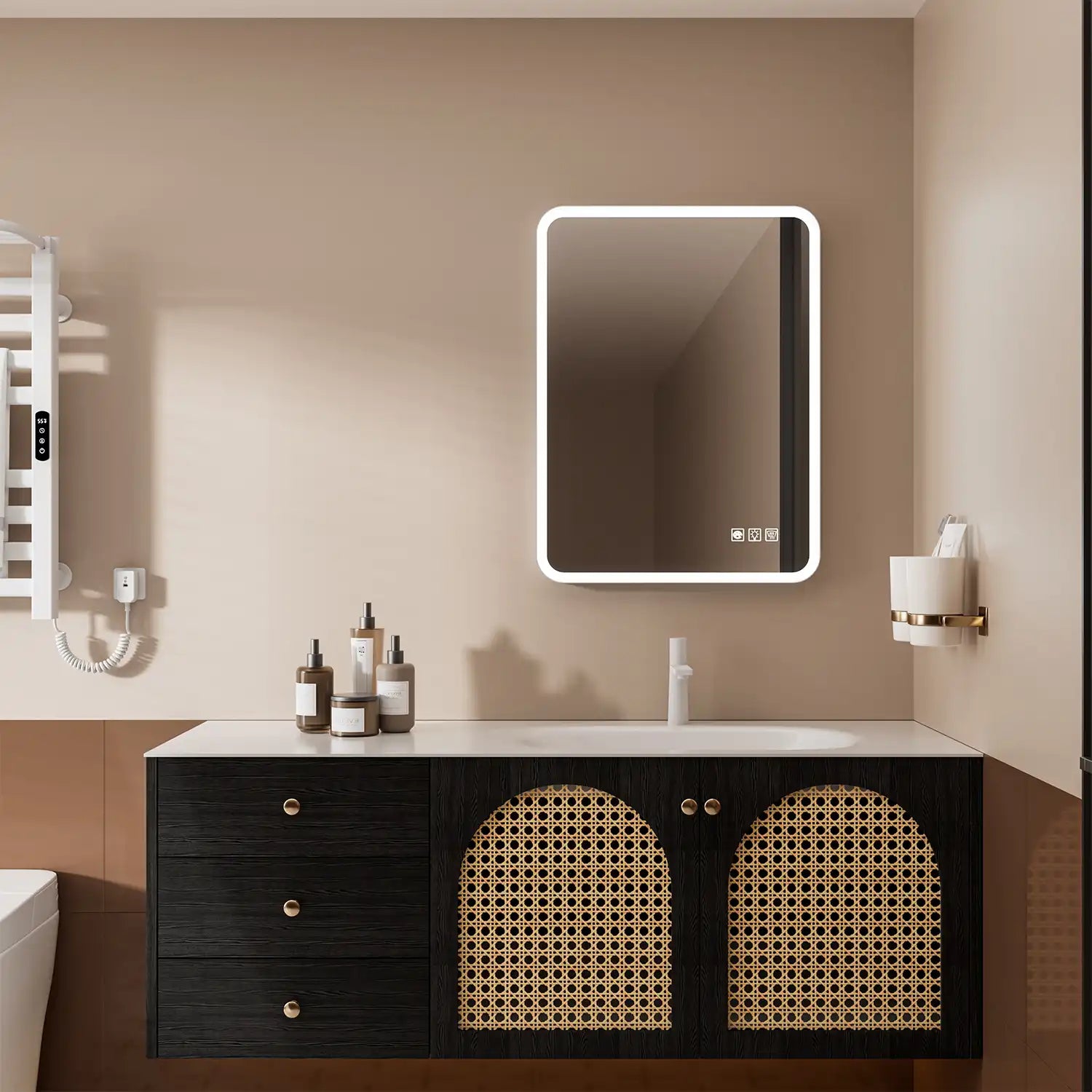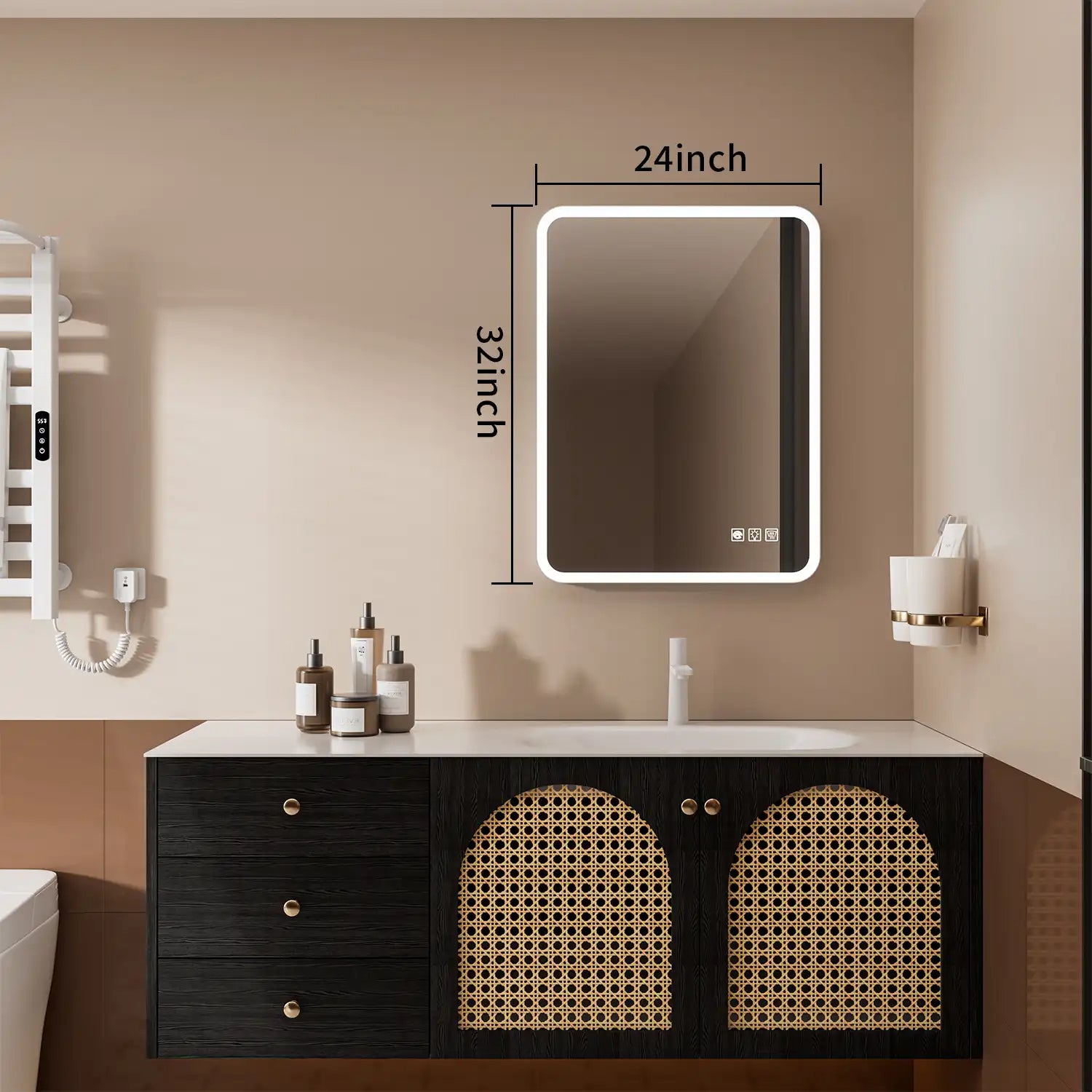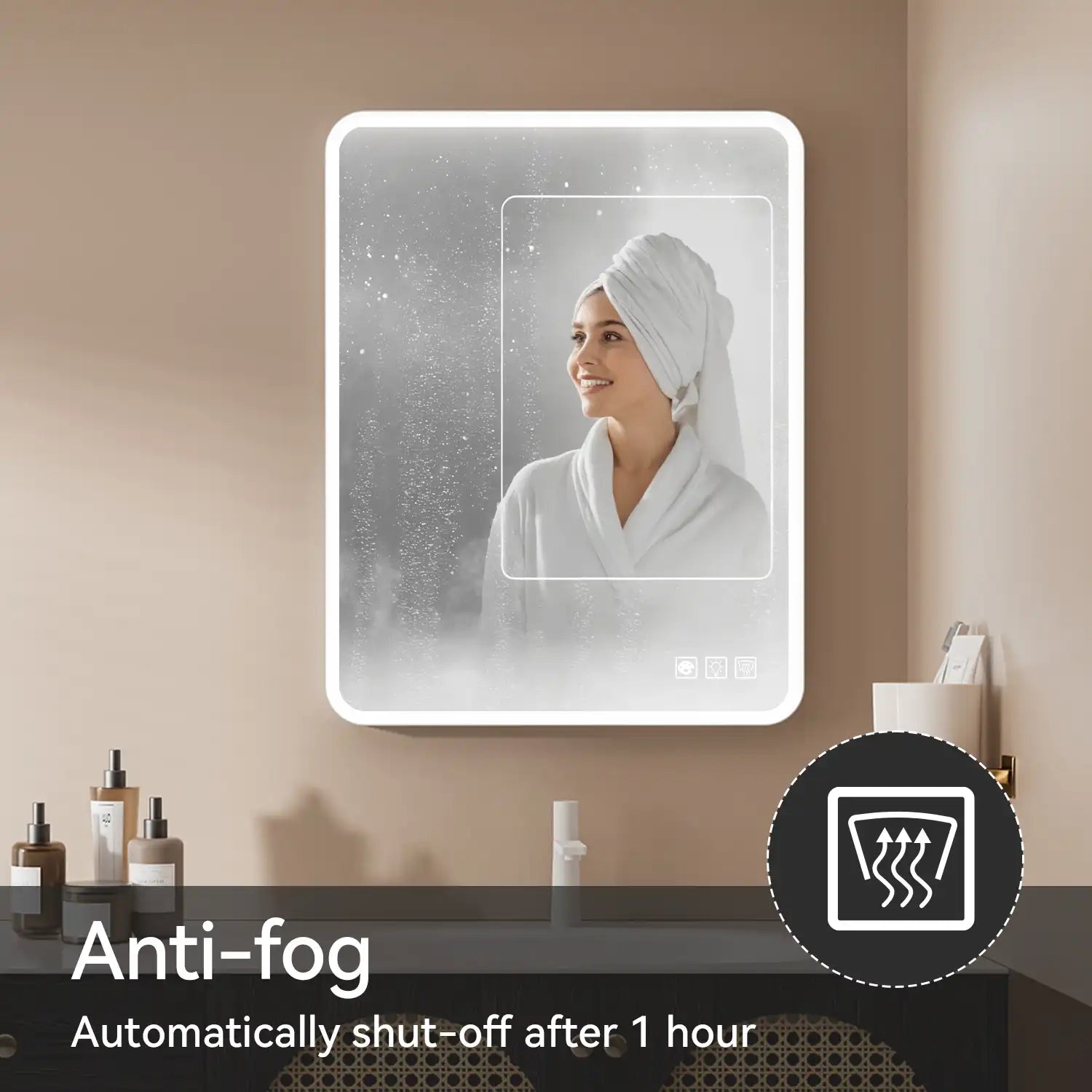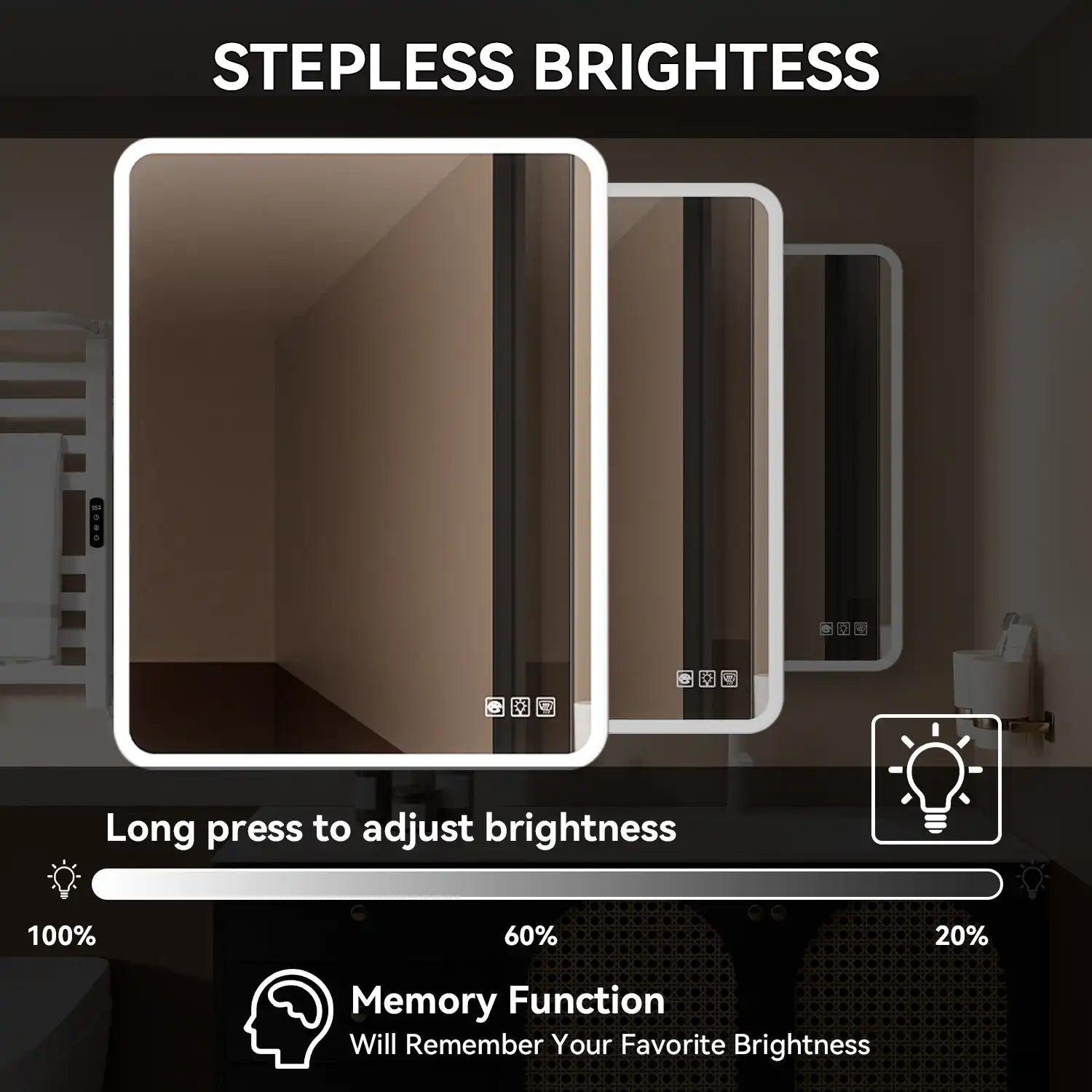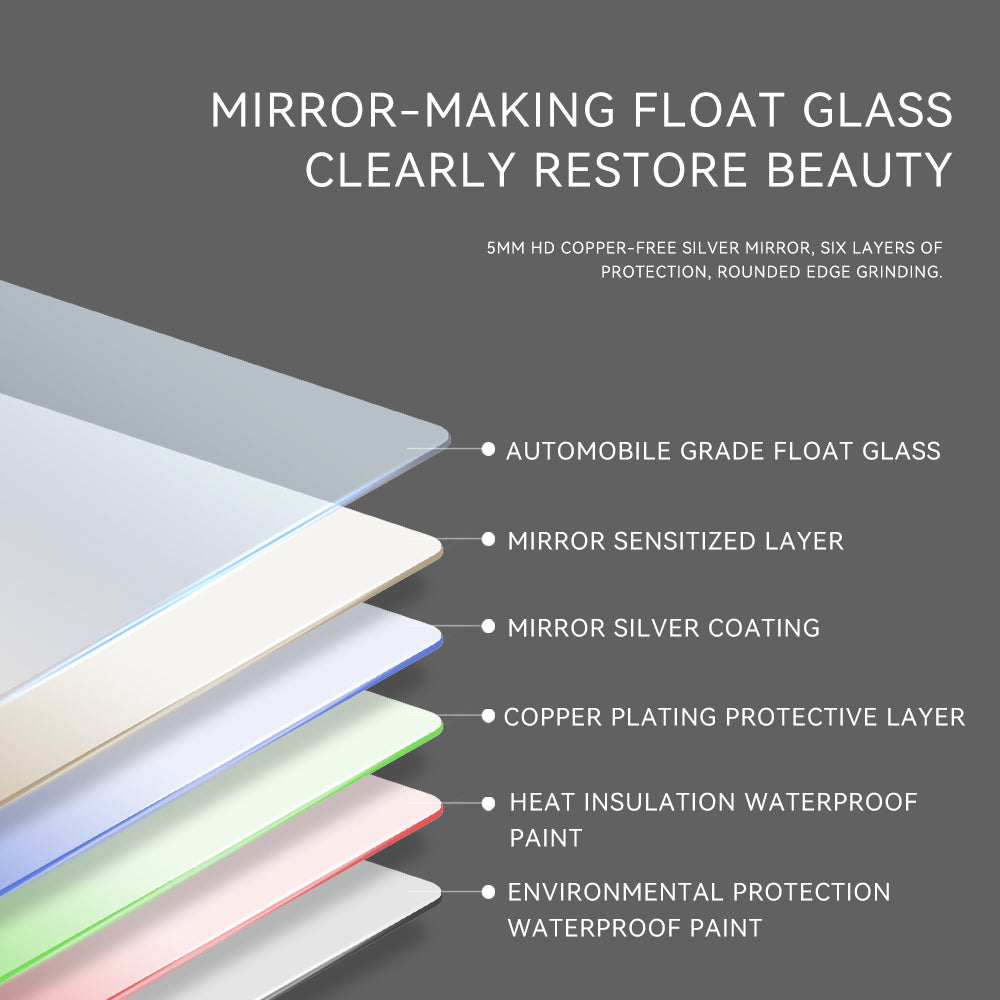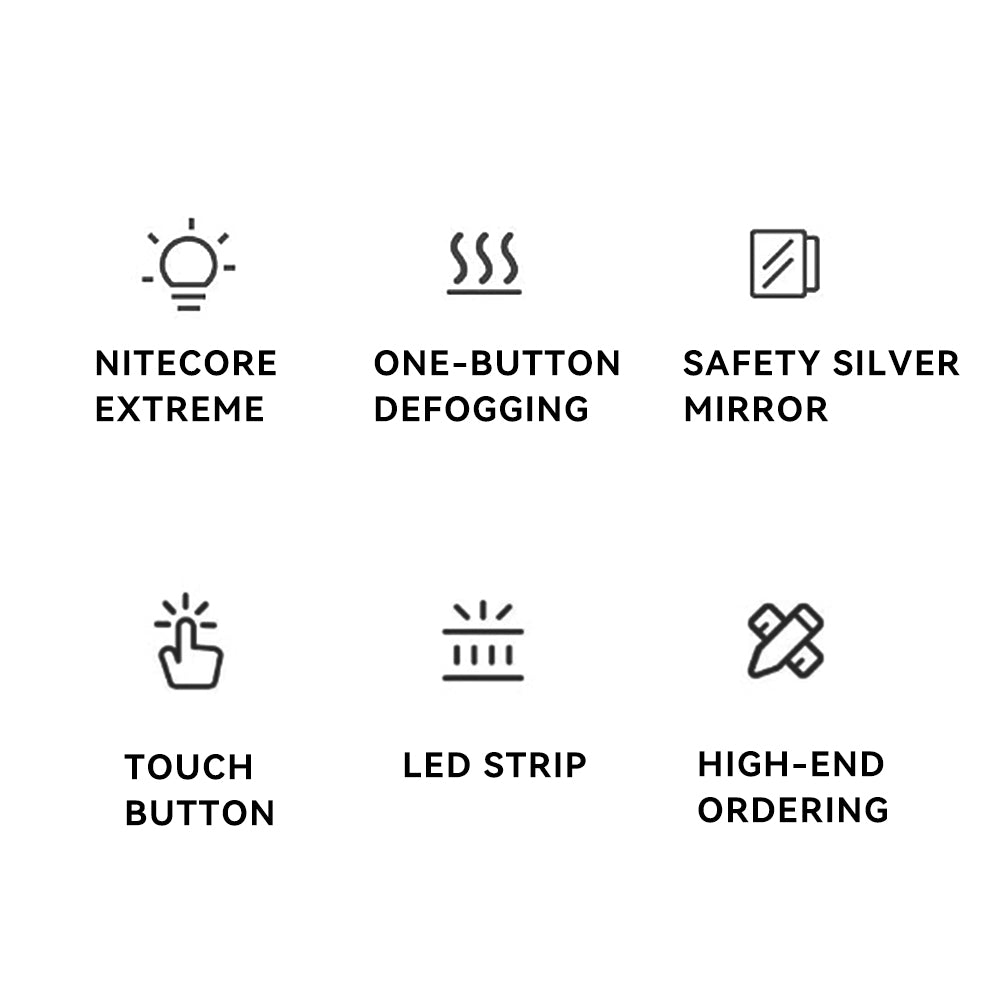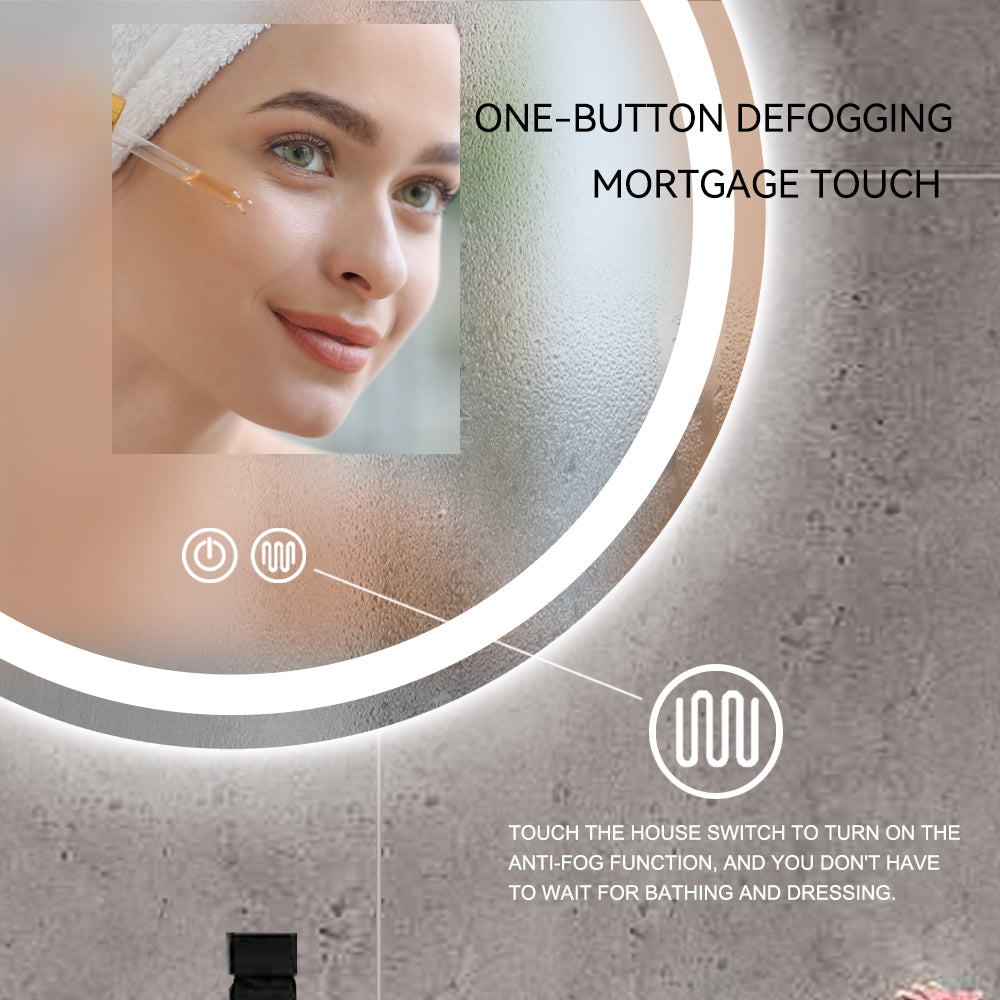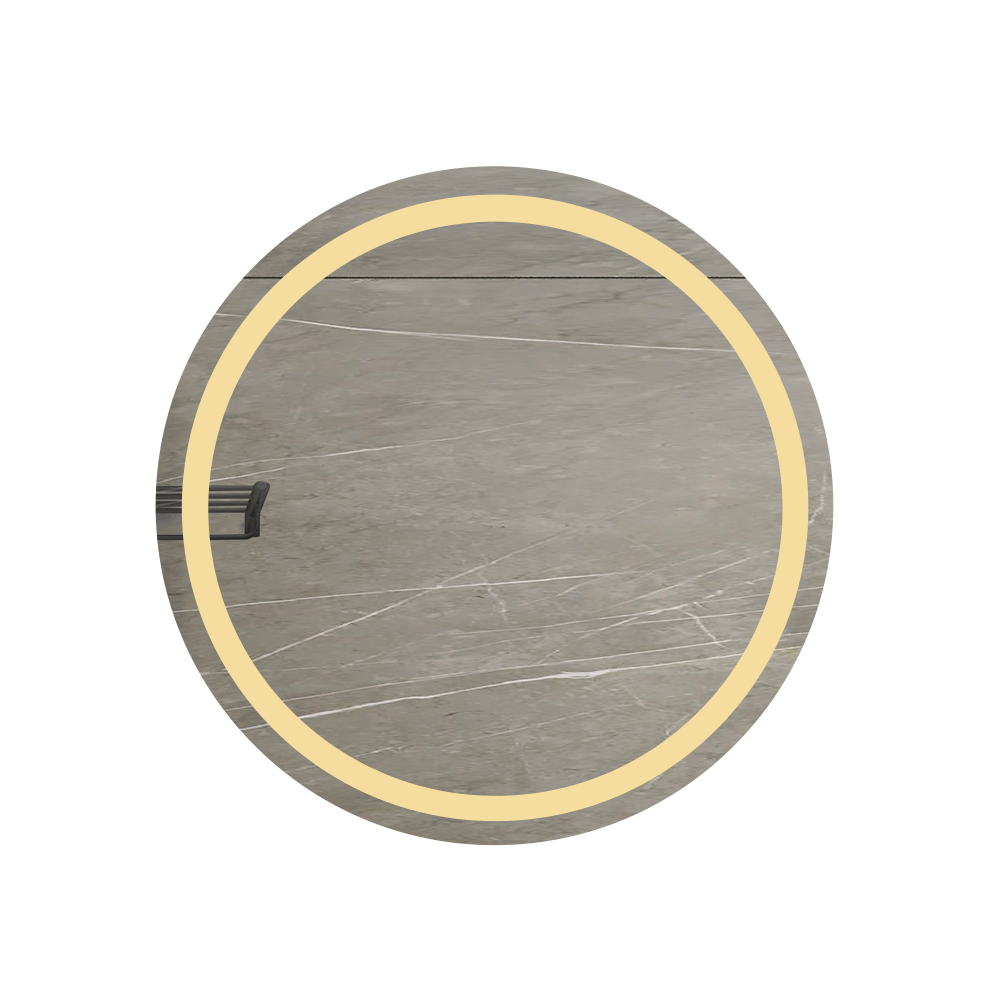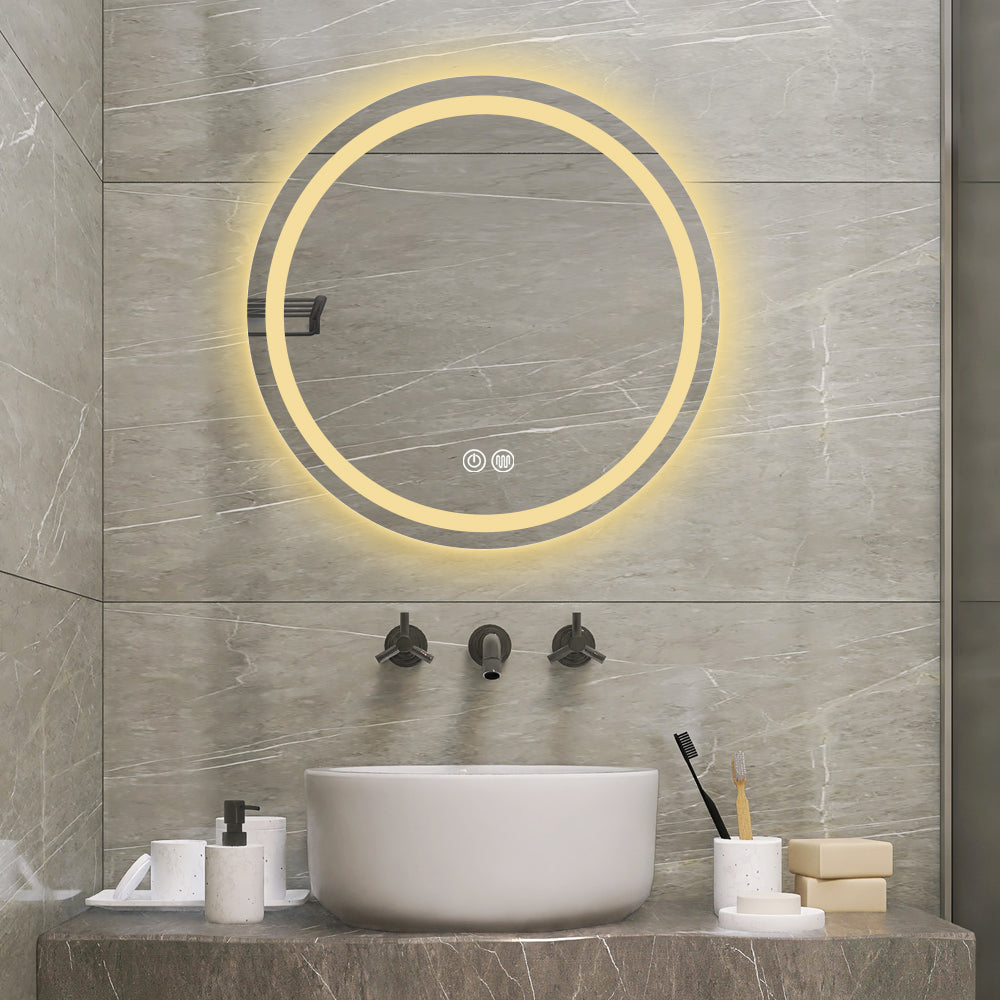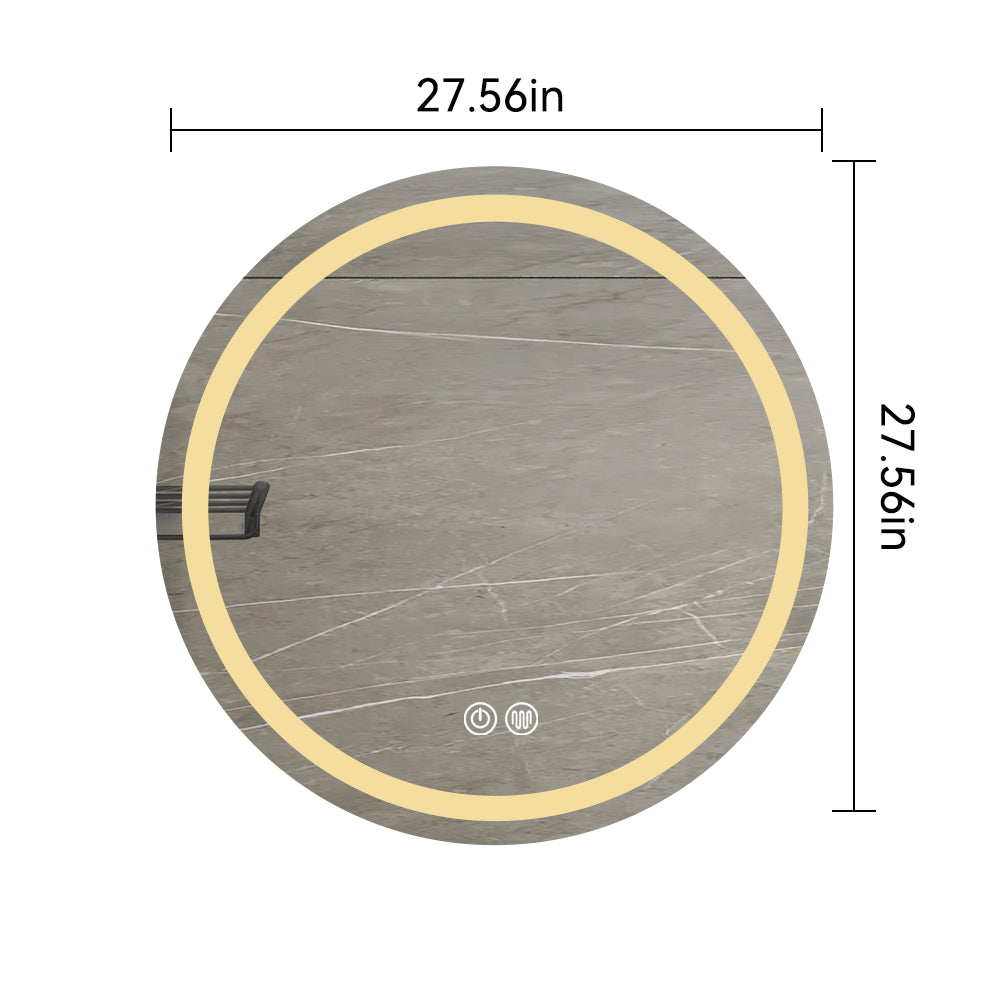Introduction
Installing a mirror frame kit can instantly elevate the look of a plain, builder-grade mirror without requiring a full replacement. This article will explore why frame kits are a smart option, what factors to consider when choosing one, how they influence bathroom design, practical installation tips, and the latest trends. By the end, you will have a clear understanding of how to select and install the right frame for your space.
Table of Contents:
- Why Frame Kits are a Smart Choice for Bathroom Mirrors
- Key Factors to Consider When Choosing a Bathroom Mirror Frame Kit
- Design Coordination: How Frame Kits Transform the Look of Your Bathroom
- Step-by-Step Guide to Installing a Bathroom Frame Kit
- Latest Trends: Mirror Frames in Modern Bathroom Design
- Conclusion
- FAQ
Why Frame Kits are a Smart Choice for Bathroom Mirrors
Adding bathroom mirror frames offers a cost-effective way to refresh your space. Replacing a large mirror can be expensive and labor-intensive, often requiring demolition or wall repairs. By comparison, frame kits install over existing mirrors, providing a customized appearance for a fraction of the cost.
From an aesthetic standpoint, frames turn a plain mirror into a decorative element. They add depth, definition, and a sense of craftsmanship to a bathroom. For homeowners interested in boosting property value, framed mirrors can make the entire room feel more polished during showings or resale.
There are also functional benefits. Many kits use moisture-resistant materials designed for humid environments, which protect edges from corrosion and extend mirror lifespan. For style-conscious homeowners who like to experiment, frame kits also provide an affordable way to switch designs more frequently.

Key Factors to Consider When Choosing a Bathroom Mirror Frame Kit
Choosing a kit involves more then to just pick a style you like. The following considerations are essential:
Material
Common choices consist of timber, steel, and also PVC composites. While wood provides some warmth — it's susceptible to moisture too (sealing required). Aluminum and stainless steel are durable metals while PVC composites are lightweight and moisture-resistant.
Finish and Color
The finish should complement faucets, light fixtures, and cabinetry. Matte black frames, brushed nickel tones, or natural wood grains are versatile choices.
Size and Compatibility
Measure carefully. Frame kits generally accommodate regular mirrors, although oversized custom mirrors may require special orders. Check whether the frame accommodates wall-mounted fixtures or outlets nearby.
Moisture Resistance
If you are using it in a bathroom, since bathrooms are a high-humidity area, make sure the frame is rated for damp spaces.
Budget
Prices vary depending on material and customization. A modest kit can cost far less than replacing the entire mirror, making it a cost-conscious upgrade.
Design Coordination: How Frame Kits Transform the Look of Your Bathroom
The frame you select should do more than decorate—it should harmonize with your overall design scheme. Bathrooms, whether large or small, benefit from visual consistency. A slim, matte black frame may suit modern, minimal interiors, while ornate wooden edges bring warmth to traditional spaces.
Think of the mirror as part of a larger composition. Its frame should align with sink fixtures, cabinet hardware, and lighting. For example, pairing a brushed nickel frame with nickel faucets creates cohesion. Similarly, warm-toned wood frames echo natural stone countertops and beige tile.
Spatial perception also matters. In smaller bathrooms, a narrow frame maintains openness, while a wider or more decorative profile adds presence in larger rooms. Proper coordination can visually expand space, balance color palettes, and anchor focal points. Without alignment, even a stylish frame may feel disconnected.
Ultimately, bathroom mirror frames act as design bridges, linking functional elements with decorative accents to form a unified aesthetic.

Step-by-Step Guide to Installing a Bathroom Frame Kit
Most homeowners can install a mirror frame kit with basic tools, making it an attractive DIY project. Here are the essential steps:
-
Preparation – Make sure the surface of the mirror is clean. Clean off any residue/dust that can interfere with adhesive.
-
Measurement and Dry Fit – Lay out the frame pieces along the mirror edges to confirm sizing. Adjust as needed before applying adhesive.
-
Adhesive Application – Follow the kit's manufacturer guidelines and use the proper adhesive. Spread onto the rear of every piece.
-
Attachment – Firmly press the frame pieces against the mirror, starting with bottom, then sides, and finally top.
-
Alignment – Check that corners are square and edges sit flush. Most kits use corner connectors or pre-mitered cuts to simplify this process.
-
Curing Time – Give the adhesive time to solidify as specified, often 24 hours. Avoid cleaning or applying pressure during this period.
For oversized mirrors, consider using support brackets during curing. If your mirror includes clips, check whether the kit accommodates them or requires clip replacements.

Latest Trends: Mirror Frames in Modern Bathroom Design
Bathroom design trends evolve, and mirror frames are following suit. In North America, homeowners increasingly seek minimalist and durable options. Current trends include:

Slim Metal Frames
Matte black or brushed gold finishes remain popular, providing clean lines that complement industrial or contemporary designs.

Natural Wood Tones
Oak, walnut, and bamboo offer organic warmth and sustainability appeal. They pair well with spa-inspired bathrooms.

Eco-Friendly Materials
Reclaimed wood or recycled composites meet the growing demand for sustainable design solutions.

Contrasting Finishes
Using frames that stand out from cabinetry or tile introduces bold visual interest.
These trends reflect broader movements toward simplicity, sustainability, and customization. Choosing bathroom mirror frames aligned with these ideas ensures your renovation feels current while remaining timeless.
Conclusion
Bathroom mirror frames are small upgrades with significant impact. They deliver style, cohesion, and protection at a lower cost than full mirror replacement. By considering material, finish, compatibility, and moisture resistance, you can select a frame kit that enhances both function and design. Installation is straightforward, making this an accessible DIY project for many homeowners. With evolving trends in minimalist lines, natural materials, and sustainable finishes, the right frame can transform your bathroom into a polished, modern space.
FAQ
Q1: Are bathroom mirror frame kits suitable for all types of mirrors?
A: Yes. Most kits are designed for standard flat mirrors, though oversized or irregularly shaped mirrors may require custom solutions. Always check compatibility before purchasing.
Q2: How durable are frame kits in high-moisture environments?
A: High-quality bathroom mirror frames are made with moisture-resistant materials such as PVC composites or treated wood. These frames withstand humidity and protect the mirror’s edges from damage.
Q3: Can I install a frame kit myself, or do I need professional help?
A: Most homeowners can complete installation using adhesive and basic tools. However, for oversized mirrors or complex setups, hiring a professional may ensure better alignment and long-term durability.
Q4: How much do frame kits typically cost compared to replacing a mirror?
A: Frame kits generally cost a fraction of full mirror replacement. While prices vary by material and design, they are considered one of the most budget-friendly bathroom upgrades.
Q5: Will a mirror frame kit add value to my home?
A: Yes. Framed mirrors create a finished, cohesive look that enhances buyer perception during resale. They contribute to the overall impression of a well-maintained, stylish bathroom.
Relative Articles
2025 Ultimate Guide to Wood Mirrors for Bathrooms: Style, Function & Design Tips
Top 5 Decorative Mirrors for Bathroom to Instantly Upgrade Your Space
Framed or Fabulous? Choosing the Perfect Mirror Frame for Your Bathroom
Mixing Metals in the Bathroom: A Guide to Stylishly Combining Different Finishes


